Boogie boarding has brought family beach fun since Tom Morrey invented the sport in 1971. No matter your age or athletic ability, bodyboarding is thrilling! Whether you want to get pitted in the barrel or cruise on your belly in the whitewash, the choice is yours. The activity has grown from a beach hobby to a gnarly international sport.
In this guide, let’s dive into the best beginner boogie boards to the ultimate gnar-shredding bodyboards.
The Top 10 Boogie Boards in 2025
-
1
Best Overall: Morey Mach 7 -
2
Best Intermediate/Advanced: Hubboard Houston PE Deluxe Bodyboard -
3
Best Beginner: South Bay Onda Bodyboard -
4
Best Progression: BZ T-10 Bodyboard -
5
Best Budget: BPS Storm Bodyboard -
6
Best for All Ages: Bo-Toys Body Board -
7
Best Advanced: NMD Ben Player Kinetic LTD -
8
Most Playful: Catch Surf The Womper -
9
Best Variety: Legendary Pro X Bodyboard -
10
Women’s Choice: Wave Bandit 42” Shockwave
All the Boogie Boards We've tested
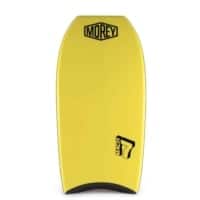
Where to buy Morey Mach 7:
Amazon
The Mach 7 is the most iconic bodyboard, released in 1982, made by the founding company of bodyboarding, Morey. It is an overall shredding machine. This board is designed to flow with its crescent tail, single power rod stringer, dual channels, 60/40 rails, PE core, and HDPE Slick. The price is competitive, especially for the quality of the board and the ingenuity of the brand.
If catching bigger waves and pulling off sick maneuvers is your goal, the lightweight, stiff Polyethylene core can handle it. The robust and durable TC8 deck can handle heavy wave conditions. But, if smaller surf is your jam, the crescent tail is designed to handle all wave sizes.
Due to the upgraded specifications, this board has a high performance ceiling, but the PE core is buoyant enough for beginners to learn on. It does not come with a leash. We recommend this board if you have some surf experience and want to start bodyboarding or want to upgrade from your EPS core boogie board to a versatile all-around ripper of a bodyboard.
- Material: Polyethylene (PE) Core and HDPE Slick
- Length: 33”, 39”, 41”
- Weight: 4.15 lbs
- Price: around $175
Things we like:
-
The Polyethylene core is loved by many people, especially in cold water temperatures
-
The Morey brand is the original producer of bodyboards, and they create reliable and high-quality products
-
The TC8 Deck upgrade makes this board nearly indestructible in big surf
-
The crescent tail design makes sure we can surf this board in all wave sizes
Things we don't like:
-
It does not come with a leash
-
It may be slightly harder for first-time riders to control

Where to buy Morey Mach 7:
Amazon
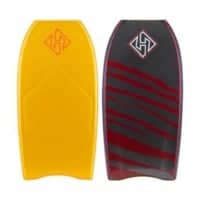
Immediately pulling this high-end Hubboard product out of the box, you can tell this is a quality boogie board. If shredding up heavy surf is your aim, we recommend pro Jared Houston’s signature-shaped polyethylene core bodyboard (this board).
The two EXT stringers help improve board recoil and longevity. There are graduated channels and a crescent tail to hold an edge in the barrel or make carving turns. Riders can feel the enhanced riding experience with these upgrades from a beginner board.
Houston PE Deluxe bodyboard does not come with a leash, as this is a high-performance board. And the fitting $175 price indicates how high-performing it is. Don’t worry, even on those small wave summer SoCal days, this board can perform.
- Material: Polyethylene (PE) core
- Length: 33”, 39”, 41”
- Weight: 4.15 lbs
- Price: around $175
Things we like:
-
All level riders can use this bodyboard and benefit from its high-performance
-
Quality product made to last from a reliable bodyboard brand
-
PE core and deck perform excellently in cold water
-
One can start as a beginner and become an expert on this board
Things we don't like:
-
Does not come with a leash or pre-installed leash plug
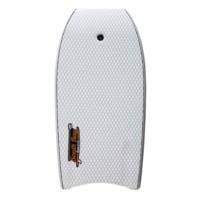
Where to buy South Bay Onda Bodyboard:
Southbayboardco.com
With a leash included to keep you extra safe, we recommend the Onda Boogie Board as an excellent entry bodyboard. This quality, affordable South Bay beginner boogie board keeps the whole family entertained for years. We recommend this reliable South Bay bodyboard for beginners, kids, and even 6ft dads.
The design of the Onda Boogie Board and the EPS foam core is meant to keep you happy in the smaller swell. The rocker on the nose of the board helps avoid nosedives, while the traditional crescent tail helps handle any size surf. The Soft-Edge rails create a sick down-the-line riding experience. And the HDPE slick increases the board’s lifespan.
- Material: EPS Core and HDPE Slick
- Length: 42”
- Capacity: 200lbs
- Weight: 3lbs (including leash)
- Price: $50
Things we like:
-
This board is designed by expert shapers with beginner performance in mind
-
The nose rocker helps prevent nose dives
-
Comes with a quality leach
-
Perfect for family beach trips over the years
Things we don't like:
-
The beginner shape and EPS core make this board slower, leaving intermediate/advanced riders wanting something more

Where to buy South Bay Onda Bodyboard:
Southbayboardco.com
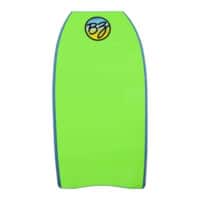
Where to buy BZ T-10 Bodyboard:
Amazon
BZ boasts of unmatched bodyboard production performance since ‘88. The BZ T-10 boogie board is unique because one can buy this bodyboard without any experience and a year later be doing 360s on a 6ft wave.
The PE core’s recoil is strong enough to handle big surf. The crescent tail shape allows for quick maneuvering and a comfortable ride. The HDPE Slick bottom promotes speed, while the channels and 60/40 rails give riders grip and board control that you can feel while riding. The RCS stringer runs down the center of the board, promoting control and strength. However, it does not come with a leash.
We recommended this board for novice riders looking to progress while riding any size wave. The $120 bodyboard is worth the price for its long-lasting quality and performance.
- Material: Polyethylene core
- Length: 40”, 42”
- Capacity: 190lbs
- Weight: 7lbs
- Price: $119.99
Things we like:
-
Noticeable, high-quality bodyboard that feels good to the touch
-
The PE Core, 8lb Green Cell Deck, RCS stringer, and innovative BZ design elevate this board to a top-tier bodyboarders choice
-
This board can hold up in heavy surf
-
This is an excellent board for progression; you can start out never bodyboarding to becoming an expert
Things we don't like:
-
It does not come with a leash
-
Some professionals prefer a bodyboard made with a PP core instead of a PE core

Where to buy BZ T-10 Bodyboard:
Amazon
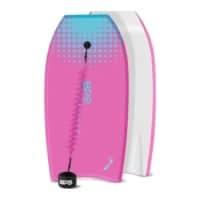
Where to buy BPS Storm Bodyboard:
Amazon
Barrel Point Surf, a small family-owned company, makes a high-quality boogie board designed for beginner/intermediate level riders and any wave under 8ft. We highly recommend this budget-friendly, performance-shaped board.
The buoyancy of the EPS core helps catch waves, while the crescent tail shape makes it possible to ride down the line. The bottom rear channels help you make sweeping turns. The XPE deck brings durability. Plus, the board does not have a long, annoying leash noticeable with other boards. The coiled leash prevents kinking, and leash drag with a high-quality velcro arm cuff.
Overall, the riding experience is enjoyable and makes small wave days a blast. The speed this board can pick up was noticeable while paddling and riding a wave. If you don’t love it, every board has a “Right Guarantee” offering replacement or refund for up to 30 days; along with a year warranty.
- Material: EPS core and HDPE Slick
- Length: 33”, 37”, 41”
- Capacity: 210 lbs
- Weight: 3 lbs
- Price: around $65
Things we like:
-
Budget board that can perform in all surf
-
The board's design makes steering easier
-
Great board for progression
-
The coiled leash that stays out of your way while riding and transporting
Things we don't like:
-
Expert riders in heavy surf conditions will want something else
-
The top deck may experience bubbling, especially if left in the sun

Where to buy BPS Storm Bodyboard:
Amazon
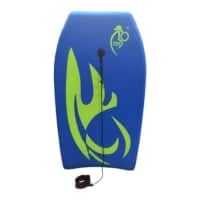
Where to buy Bo-Toys Body Board:
Amazon
Bo-Toys has made an affordable, fun-colored, lightweight, EPS boogie board. We recommend this bodyboard for kids or beginner/intermediate riders in small to medium surf. In heavier surf conditions, this boogie board may snap in half.
The high-density polyethylene slick makes this board durable during surf and transportation. The crescent tail, channels, and 60/40 rails help the board’s turning capabilities. However, the leash attached to this board is too long and not high-quality.
The quality is pretty good, and the bodyboarding experience is gratifying. It is priced around $40; the specifications make this a competitively priced boogie board. The Bo-Toys boogie board comes with a “Total Assurance” when replacing faulty items or if you’re having a problem.
- Material: EPS core and HDPE Slick
- Length: 33”, 41”
- Capacity: 180 lbs
- Weight: 1.23 lbs, 1.47 lbs
- Price: around $40
Things we like:
-
Fun board for beginners or intermediates
-
Bo-Toys bodyboard 33” option is great for kids
-
Board design allows for maneuverability and stability
-
Capable of performing well in small surf
Things we don't like:
-
The leash attached to the board does not feel high-quality
-
Board may snap in heavy surf conditions

Where to buy Bo-Toys Body Board:
Amazon
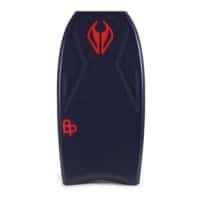
Where to buy NMD Ben Player Kinetic LTD:
Amazon
Gearheads will be impressed with 3x world champion Ben Player’s stock bodyboard. At the steep price, the polypropylene core and Surlyn Slick are the best of the best boogie board materials. No leash, no problem; the Bull Grip will help you stay on, and the React Stringer System will protect your board against snaps.
This super-fast board is designed to scoop and air like a pro. The graduated channels provide superior grip in the heaviest of conditions. The crescent tail shape lets this board be playful in all wave sizes. Shaped in Indonesia by the Bodyboard Quality and Technology leader, the Ben Player Kinetic LTD bodyboard is our recommendation for the splurger that can shred.
- Material: Kinetic Polypropylene core
- Length: 36.5”, 40.5”, 41.5”
- Weight: 5lbs
- Price: around $300
Things we like:
-
Grips a wave and gives you noticeable speed and power
-
Engineered with the best bodyboard materials on the market
-
World Champion endorsed
Things we don't like:
-
Not good for a beginner due to materials and specifications
-
Expensive

Where to buy NMD Ben Player Kinetic LTD:
Amazon
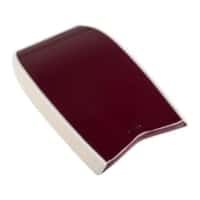
Where to buy Catch Surf The Womper:
Amazon
If you’re all about the laughs and good times while playing in the sea, we recommend the Womper Mini Bodyboard. Catch Surf is a revolutionary Californian soft-top board company that releases wild products designed to give you a gnarly surf session. And this 16” boogie board is a perfect example.
Made from Catch Surf’s innovative Stiff Dual Composite Core, this board can get you in the barrel. The style of surfing is sort of in between bodysurfing and bodyboarding. Place an extended hand (or hands) on this board as you shoot across the wave.
- Material: Stiff Dual Composite Core
- Length: 16”
- Capacity: no limit
- Weight: 1.3lbs
- Price: $59.95
Things we like:
-
Super playful and gives you a thrill
-
Designed by a quality company
-
Made with durable materials
Things we don't like:
-
Slightly expensive for the size

Where to buy Catch Surf The Womper:
Amazon
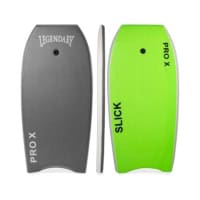
Where to buy Legendary Pro X Bodyboard:
Amazon
Coming in 11 different colors and 5 different sizes, the Pro X Bodyboard is quite versatile. A beginner or expert can shred this board in variable swell sizes. We recommend this for families who buy the same present for everyone in the family or anyone who wants a good EPS core boogie board.
Dual channels, hard slick, and crescent tail shape contribute to making this bodyboard capable of all kinds of shredding. The heat seal adds to stiffness and board longevity. An added wrist leash helps beginners stay safe.
- Material: Lightweight EPS core
- Length: 33”, 37”, 41”, 42”, and 45”
- Weight: 1.3lbs
- Price: $45.99
Things we like:
-
EPS Core is buoyant for beginners
-
Added specifications increase board performance for intermediate/advanced riders
-
Comes in numerous colors and sizes
-
Leash included
Things we don't like:
-
Serious bodyboards will want something more aggressive

Where to buy Legendary Pro X Bodyboard:
Amazon
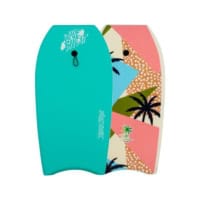
Where to buy Wave Bandit 42” Shockwave:
Amazon
Endorsed by pro bodyboarder Tina Cohen, the Shockwave Bodyboard thrives in the lighter summer swells but can still handle big surf. And the super cute design is a bonus. We recommend adding this Catch Surf boogie board to your surf quiver to have some fun.
The EPS core gives the board buoyancy to catch small waves, while the crescent tail aids in performance while paddling and riding the wave. The graduated channels and 50/50 rails give the board that extra oomph you’re looking for on those nice 4-6ft days.
- Material: Polyethylene core
- Length: 42”
- Weight: 5.4 lbs
- Price: $84-109
Things we like:
-
EPS core is buoyant
-
Comes with a leash
-
Cool design and appealing colors
-
Great for progression
Things we don't like:
-
There is no stringer that gives added recoil and durability

Where to buy Wave Bandit 42” Shockwave:
Amazon
Boogie Board Buyer’s Guide
What to Consider when Buying a Boogie Board
When buying a boogie board (or bodyboard), it is important to consider how often you’ll be riding, your skill level, and what kind of surf is near you.
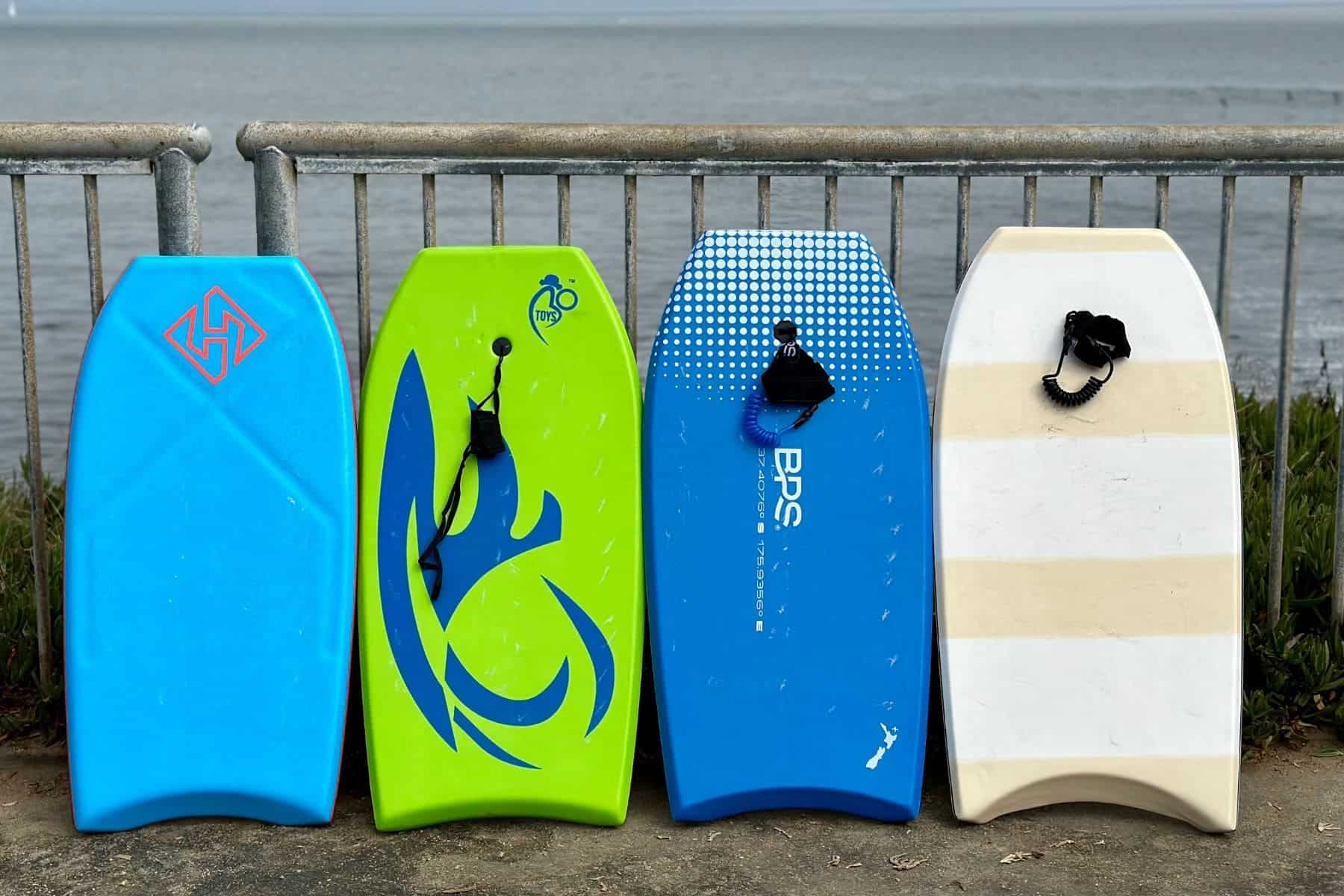
If you are entering the bodyboard world and don’t plan on dedicating your life to it, start with the affordable beginner board, South Bay’s Onda boogie board. Getting “too good” for this board will take a while.
Maybe you grew up surfing at Lower Trestles and want to mix it up. Try something that can make sick carving turns in big surf. We recommend the Morey Mach 7. This board will help you progress quickly without reaching the ceiling.
Whatever your position, having a boogie board in your stash will set you up for a good time, guaranteed. There are plenty of budget option boards. And if you want to break the bank and fulfill your gearhead dreams, there are also options, like the Hubboard Houston PE Deluxe or the NMD Ben Player Kinetic LTD Bodyboard.
Boogie Board Riding Styles Explained
There are three kinds of riding styles. But of course, that does not limit your creativity; do whatever you’d like!
Prone riding is when you lay flat on the board on your stomach. Beginner/amateur riders most often ride a bodyboard prone. Prone riding is the stereotypical boogie board style.
Drop-knee riding is an intermediate/advanced style of riding. The surf must be at least 3ft to perform at this level. Going down the line will also be necessary. It is possible to drop-knee bodyboard pretty early in your boogie board career.
Last but certainly not least, the most advanced riding style is stand-up. Riding a bodyboard like this is extremely impressive. The best bodyboarders in the world shred the surf this way. Stand-up is much harder, and surf with some power is required.
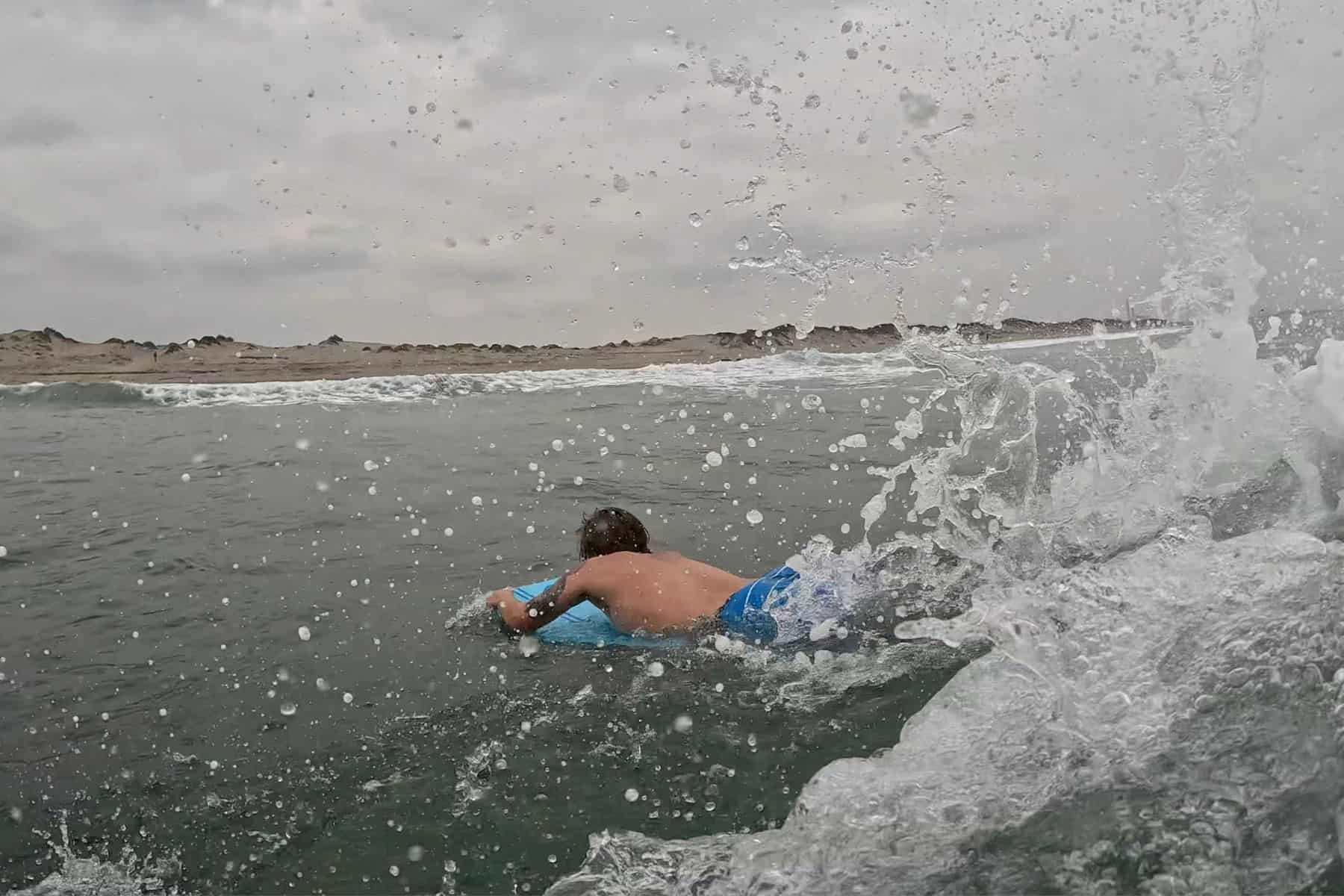
A Quality Boogie Board vs A Budget Boogie Board
It is possible to get a quality budget boogie board. However, the more you improve, the more you realize that budget impacts a board’s quality.
The least expensive boards will typically be made with EPS, the cheapest bodyboard material. EPS sacrifices board resiliency and recoil, which help bodyboards genuinely perform on the wave. Also, it is pretty easy to snap an EPS board in heavier surf conditions. So, with that being said, it might be worth spending an extra few dollars on a higher-quality board if you are serious about bodyboarding.
EPS boards are about $20 to $100 on the market. More advanced boards made with polyethylene or polypropylene will be around $60 and up (up to $300). You can get a high-quality board made with PE or PP for approximately $80 and up. If you want to advance but do not want to break the bank, the Morey Mach 7 is the board for you.
Boogie Board Cores
Bodyboards have three main core types: Polyethylene (PE), Polypropylene (PP), and Extruded Polystyrene (EPS). Each has different perks. Excitingly, companies like Hubboard have released a patented Quad core. Be on the lookout for emerging new hybrid performative cores.
PE has been the bodyboard industry-standard core since the beginning of the 1970s, created by Tom Morey. This material has good flexibility and foam memory, which means a larger surf is ready to be tackled.
Advanced bodyboarders have loved PE boards for decades. PE cores are affordable and highly performative.
PP is the premier core material. It is dense, lightweight, and has the best foam memory and recoil. If you dream of competing on the International Bodyboarding World Tour, buy a Polypropylene core, like NMD’s Ben Player bodyboard.
Polypropylene core is more expensive, but getting barreled is priceless. The rigid nature of PP allows for cutting-edge new tricks to be performed. Holding an edge with this board will be done.
EPS is the cheapest and the best entry-level material. The buoyancy of the EPS is excellent for beginners to catch any wave. It is also stiff and water-resistant. However, it lacks recoil and foam memory, which means it can easily crease or break under the stress of a larger wave.
Boards made with EPS can be improved by adding carbon or fiberglass stringer. If you are an intermediate bodyboarder and want to stay on a budget, EPS with these added features will do the job.
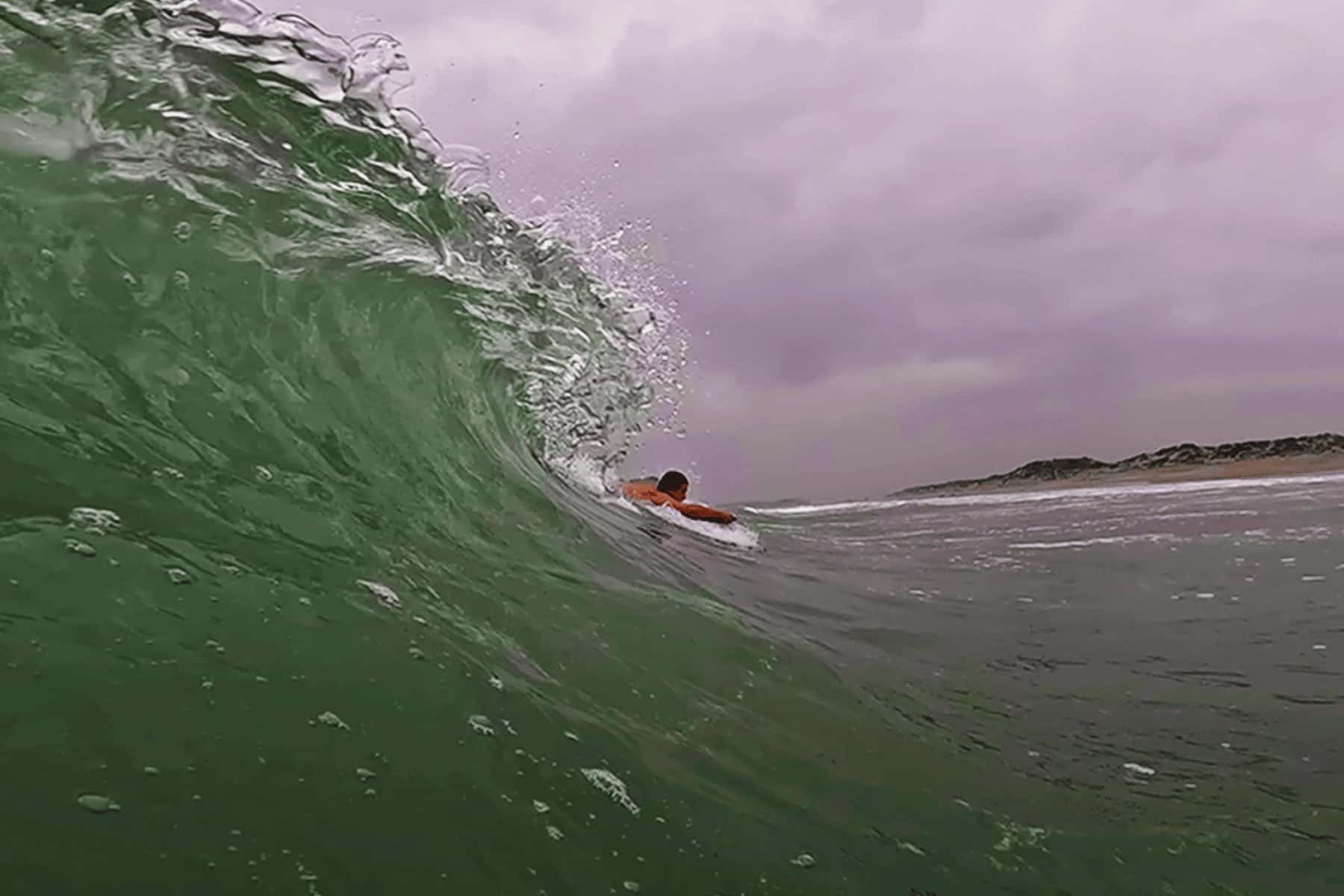
Boogie Board Decks
The deck of a boogie board refers to the top, where you ride. Decks are made of different kinds of materials.
Polyethylene (PE), the same material as the PE bodyboard core, is the most common and more affordable skin. It is a good product and does its job well.
The other skin is made of cross-linked polyethylene. It is more flexible with higher durability than its counterpart. The material produces a skin with a smooth finish. The downside of this material is it wrinkles more easily than PE.
Some bodyboards are made with an EPS deck. These boards are lightweight and buoyant, but not as flexible. They are usually for beginner or entry level riders.
Boogie Board Slicks (or Skins)
The slick is the part of the board that is in direct contact with the water. Most slicks are made of high-density polyethylene (HDPE). This material is smooth and hard. It allows for less friction while riding the wave, making picking up speed and catching waves easier. However, this board is prone to creasing in heavy surf.
The superior slick material is Surlyn. It isn’t easy to distinguish between HDPE and Surlyn just by looking and feeling it. But, performance-wise, it stands above HDPE. Surlyn is resilient and less prone to creasing. However, it is more expensive.
Boogie Board Length
Boards are typically between 36” and 46”. The length of the bodyboard depends on the height, weight, riding style, and level of the rider.
The general rule is that the bodyboard should reach your belly button. However, the factors above (weight, riding style, and level) and personal preference can change this rule.
Too big of a bodyboard will result in difficult maneuverability in the surf. Too small of a bodyboard will not give you enough buoyancy, making it difficult to catch waves.
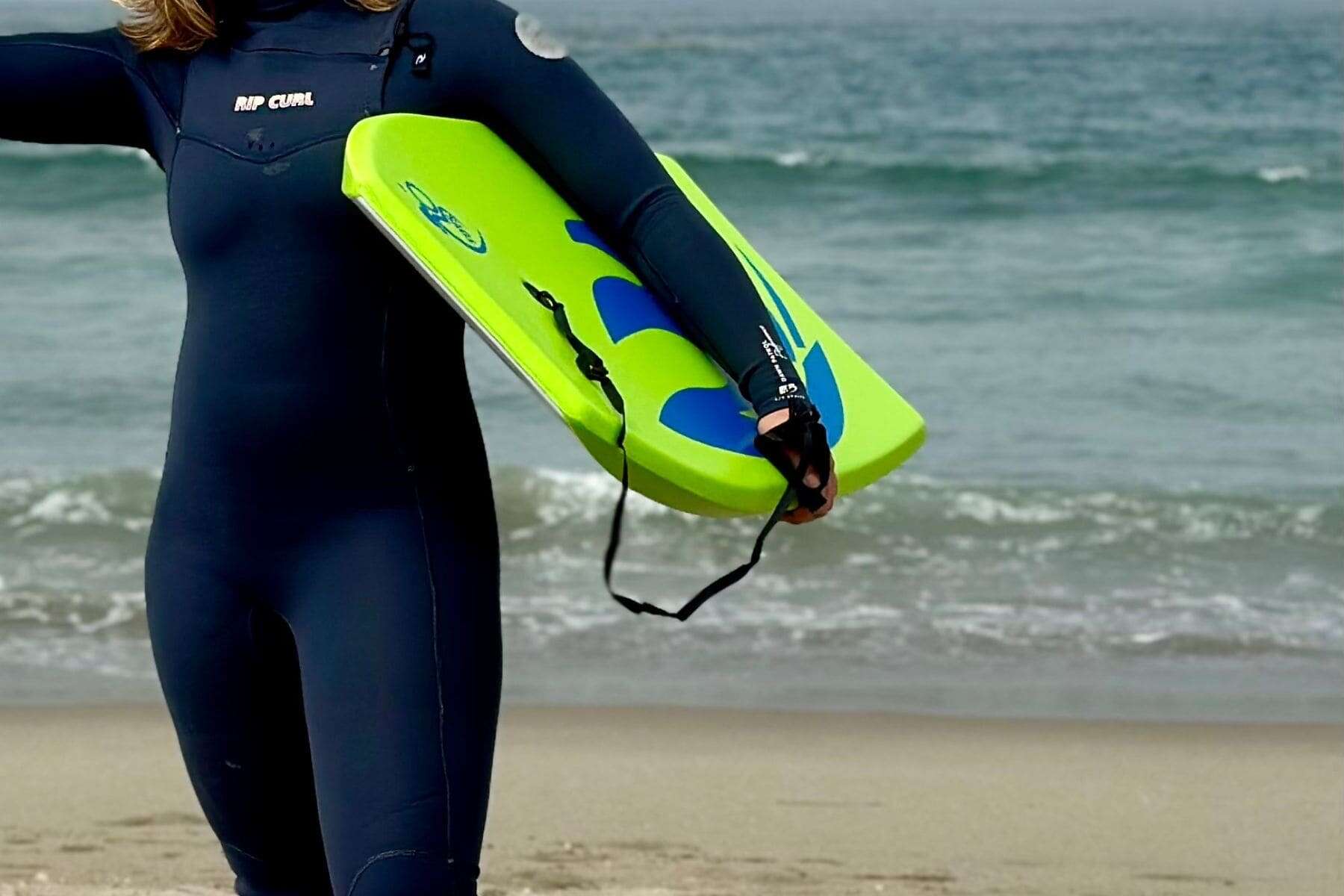
Boogie Board Weight
The weight of bodyboards depends on the core and other added performance material. Usually, boards weigh between 1lb and 7lbs.
If around 2 lbs, that board is typically made of EPS and will have either an HDPE or no base. These lighter boards will snap in bigger surf. So, this is usually a beginner board for small surf.
Boards around 3lbs and above are usually made of PE or PP core material and have a heavier Surlyn base. These boards thrive in gnarly big surf conditions.
Boogie Board Tail Shapes
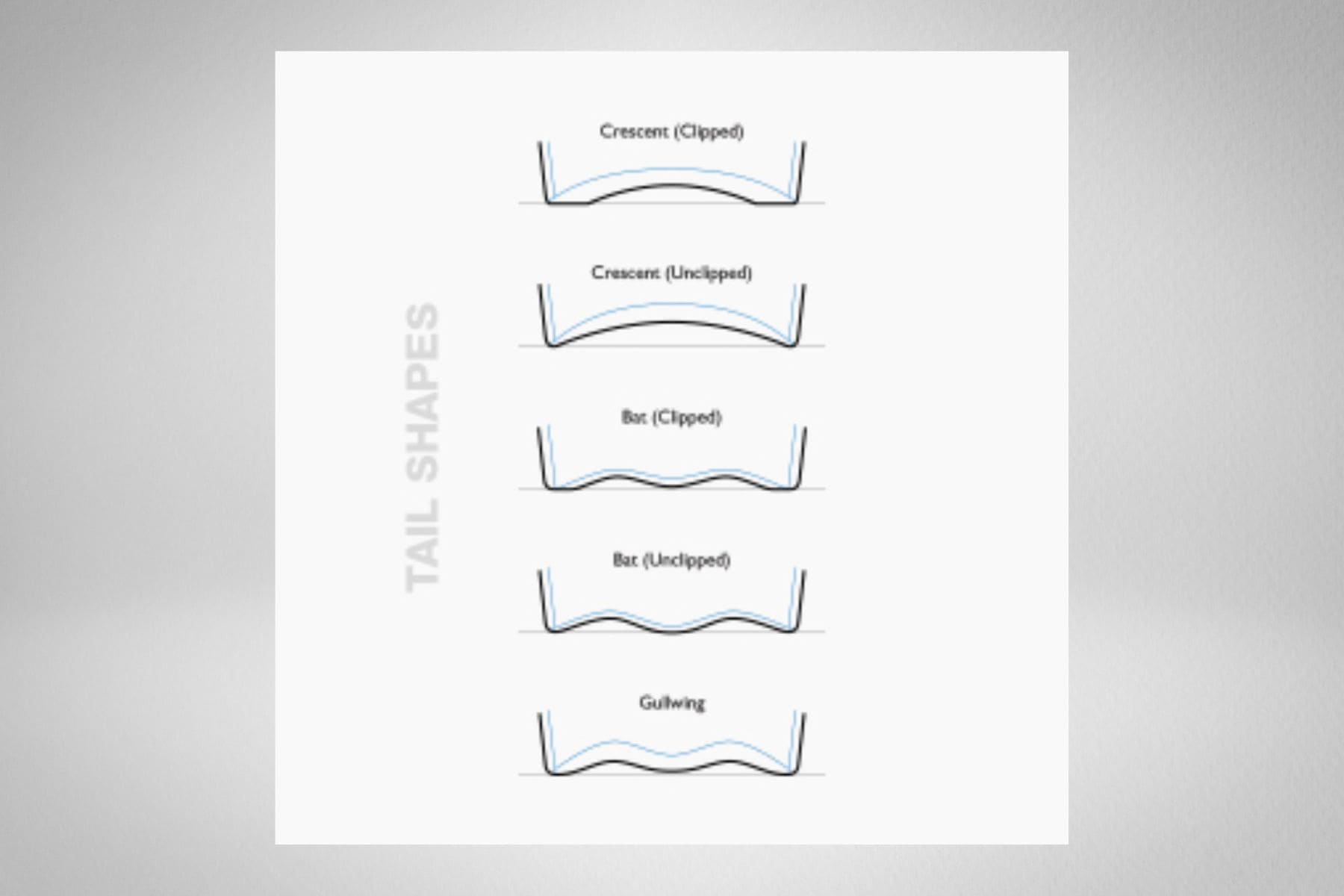
There are a few tail shapes: Crescent (unclipped or clipped), Bat (unclipped or clipped), and Gullwing.
The most common tail shape is crescent. It bites into the blue wave and helps keep your body in a good position. Crescent tail shape performs well in every kind of surf and is comfortable for riders.
Bat and Gullwing tail shapes will have more buoyancy and surface area, which improves lift and speed. However, this shape provides a looser feeling, meaning edge control is not the best. These shapes suit beginners, heavier riders, or catching small waves.
Boogie Board Channels
Not all bodyboards have channels, as it is more of an advanced option. Channels are located on the base towards the tail. They help the board have a grip while riding the wave. This is because the channels are meant to redirect water to steer against the natural desire of the wave.
There are many kinds of channels: graduated, straight, double, concave, deep, shallow, narrow, etc. Companies design custom channels for their higher-end boards. The different channels coincide with riding style, skill level, and wave size.
Boogie Board Rails
The rails of a bodyboard refer to the sides that you steer the board with. The rail is the bottom of the board that glides through the water. The chine is the top section near the deck.
There are 50/50, 60/40, and 70/30 rails. The first number represents the rail and the second the chine. The better you get, the more you can tell a difference and then build a preference. 50/50 are more responsive and manuverable. 70/30 rails are more stable. 60/40 rails offer a sweet spot somewhere inbetween.
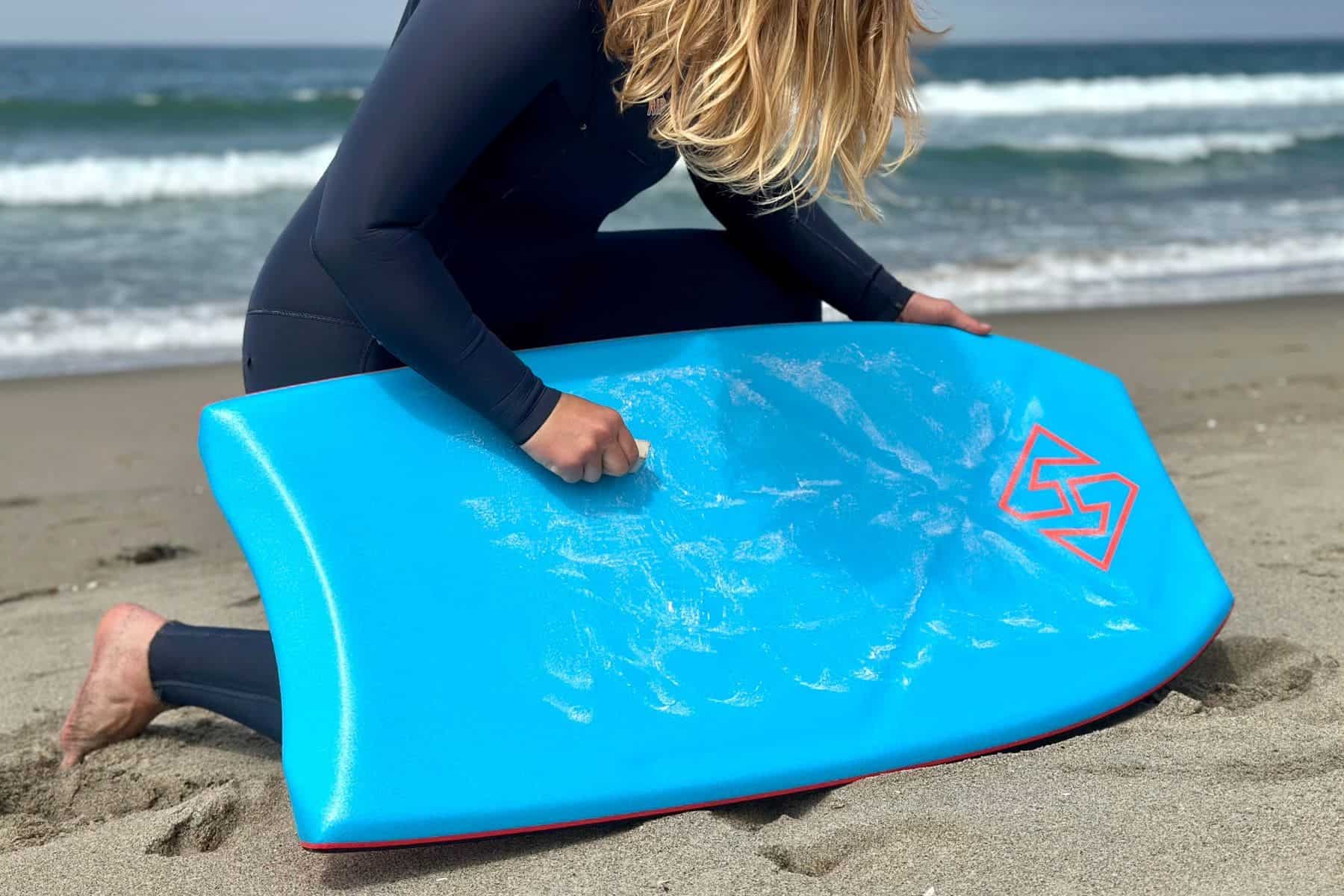
Fins for Boogie Boarding
Fins can be a game-changer if you are paddling out past the white water in fast big surf. Consider using a proper pair of fins in these gnar conditions to improve your performance.
However, if you push off the sandy floor with your feet to catch a wave, fins aren’t for you.
But, if you are trying to catch unbroken waves, put some fins on. Riding down the line with nothing but beautiful blue water in your sight is done a lot easier with fins.
Nevertheless, at the end of the day, whether you use fins or not is a personal preference. If you are someone who likes to paddle a lot and stand up on your bodyboard, fins might not serve you.
Boogie Boarding vs. Bodyboarding
The classic bodyboarding versus boogie boarding debate. The conclusion- they are the same thing.
Tom Morey invented the board in 1971, and it caught on like wildfire. You’ll hear just about anyone refer to their bodyboard as a boogie board.
The term bodyboarding is used in the competitive side of the sport. The International Bodyboarding World Tour is NOT The International Boogie Boarding World Tour. Be careful; some of the more rad bodyboarders might not be so happy if you refer to them as boogie boarders.
Boogie Board Features
Leashes are an additional feature of boogie boards. Not all boards come with a leash; however, most do. Leashes help riders stay safe by preventing their board from swimming away from them.
Other features include board contouring to make riding easier. Hand wells are depressions on the nose of the board to improve grip. Hip contours are depressions on the deck to provide better body hold. Elbow pads are contours to provide a place for your elbows to sit. Hand/finger bulbs are raised bumps on the top corners of the board for enhanced gripping.
Another additional feature is bodyboard stringers. A board can have single, double, or even triple stringers; stringers give extra strength and recoil.
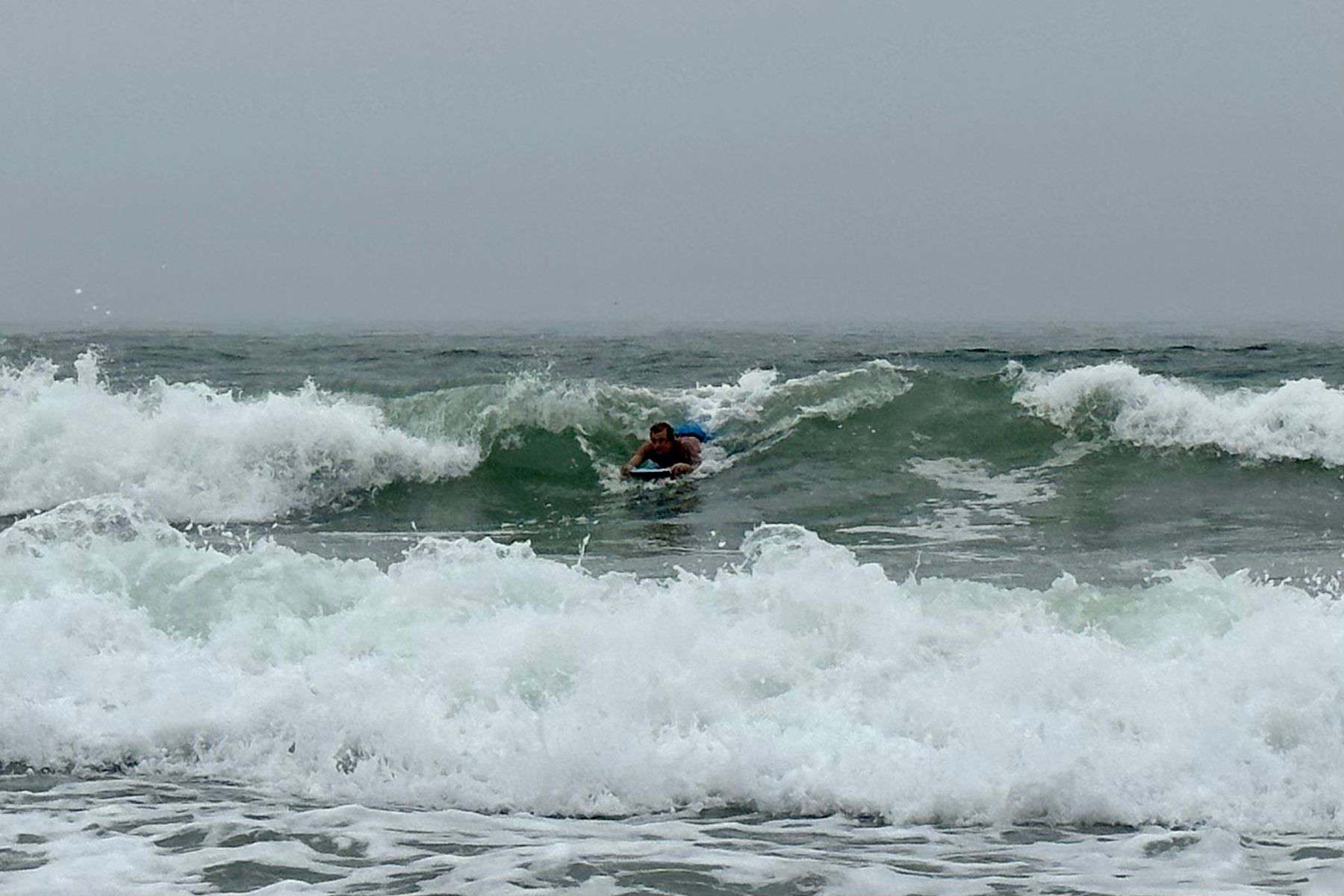
Boogie Board Maintenance/Longevity/Quality
After your beach adventures, rinse your bodyboard with fresh water to keep it in prime condition.
The longevity of bodyboards depends on how hard you’re shredding the boards, how often, and what transport is like. It is pretty easy to cut up the soft tops of the boards or crease the bottoms, so be careful while storing them.
The better the quality board, the more of a beating it can take. Upgraded tops and bases will be tougher to crease or rip. The core will also snap
How Do You Boogie Board?
There are several ways to boogie board. How you bodyboard depends on your skill level and the surf conditions.
You can choose to push off from the ground, kick, or paddle to catch waves. The goal is to match the speed of the wave with any of these methods to catch the wave.
There are two directions you can ride on the wave. The most basic is riding straight to the beach in the white water, which is more commonly called boogie boarding. The advanced way to ride a bodyboard is riding along the blue part of the wave “down the line.” While riding down the line, riders can make turns, air out, and spin to their liking.
The most common and easiest way to ride is “prone.” Prone is when you lay on your belly while riding the wave. Riding this way can be done in the white water or blue wave.
Riding drop-knee is another style of riding. This is for intermediate/advanced riders in medium to large surf. It is necessary to be riding on the blue part of the wave down the line to ride drop-knee. In this position, your front foot is planted while your back knee is dropped.
The most advanced riding style is stand-up. It is very difficult to fully stand up on a bodyboard, and is only done by expert riders. Riding in medium to large surf will make stand-up riding possible.
Frequently asked questions
There are several ways to boogie board. How you bodyboard depends on your skill level and the surf conditions.
You can choose to push off from the ground, kick, or paddle to catch waves. The goal is to match the speed of the wave with any of these methods to catch the wave.
Read our Boogie Board guide to get more details about riding prone, drop-knee, or stand-up.
A boogie board is a foam rectangle about 3 feet tall made to ride waves. Bodyboard is another name for boogie boarding. The term boogie boards was coined in 1971 by Tom Morey.
Boogie boards are designed to catch waves in all kinds of surf. They are especially user-friendly and can be used by just about anyone, regardless of athletic ability. If surfing is a 9/10 difficulty, boogie boarding is about a 3/10.
There are several different kinds of boogie boards, ranging from entry-level EPS foam boards to high-end polyethylene or polypropylene bodyboards. The price of bodyboards depends on different features, specs, and board materials.
The size bodyboard you need is based on your height and ability. Boogie boards are usually between 36” to 46”. Kids boogie boards are available. They are typically between 33” and 37”.
The general rule is that you want your boogie board to go to your belly button. If you way more for your height, go up an inch or two. You could go down an inch if you weigh less for your height.
If you are super skilled, it is up to your personal preference. The material of the board will also determine if you go up or down in size. Boards made with EPS will be more buoyant, and sizing down an inch is not a bad idea.
Boogie boards range from $15 to $400, depending on the quality. What the board is made of, who makes it, and what skill level it is designed for dictates the boogie board’s price.
Getting a quality bodyboard that can perform well for around $50 is possible.
Traditionally, EPS material is less expensive. However, EPS boards with upgraded channels or stringers will slightly jump in price. EPS boards range from $15 to $80.
Polypropylene (PP) and polyethylene (PE) are more expensive, performance-oriented bodyboard core materials. Boards with either core will generally run $100 and up.
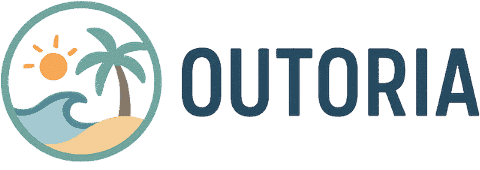
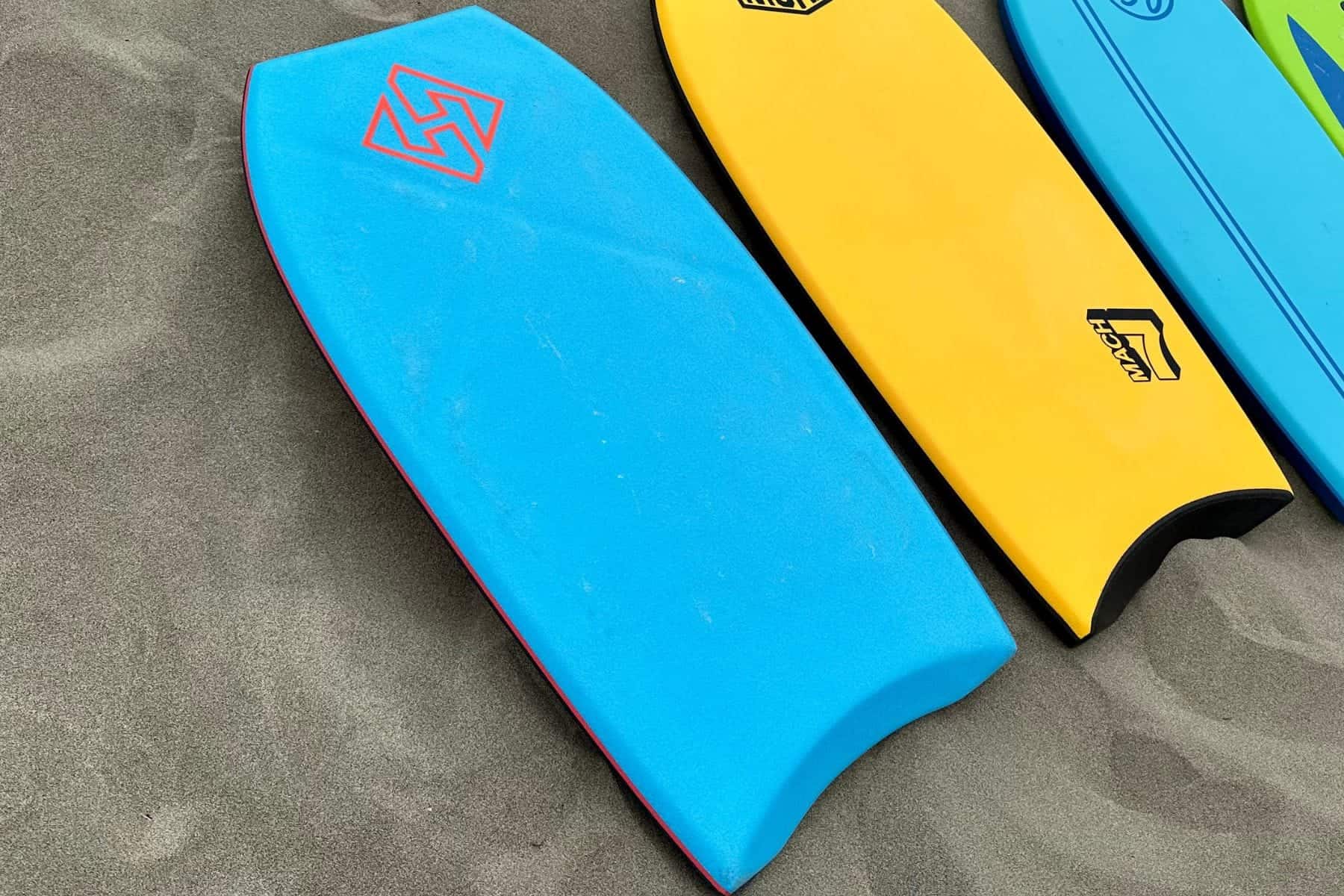
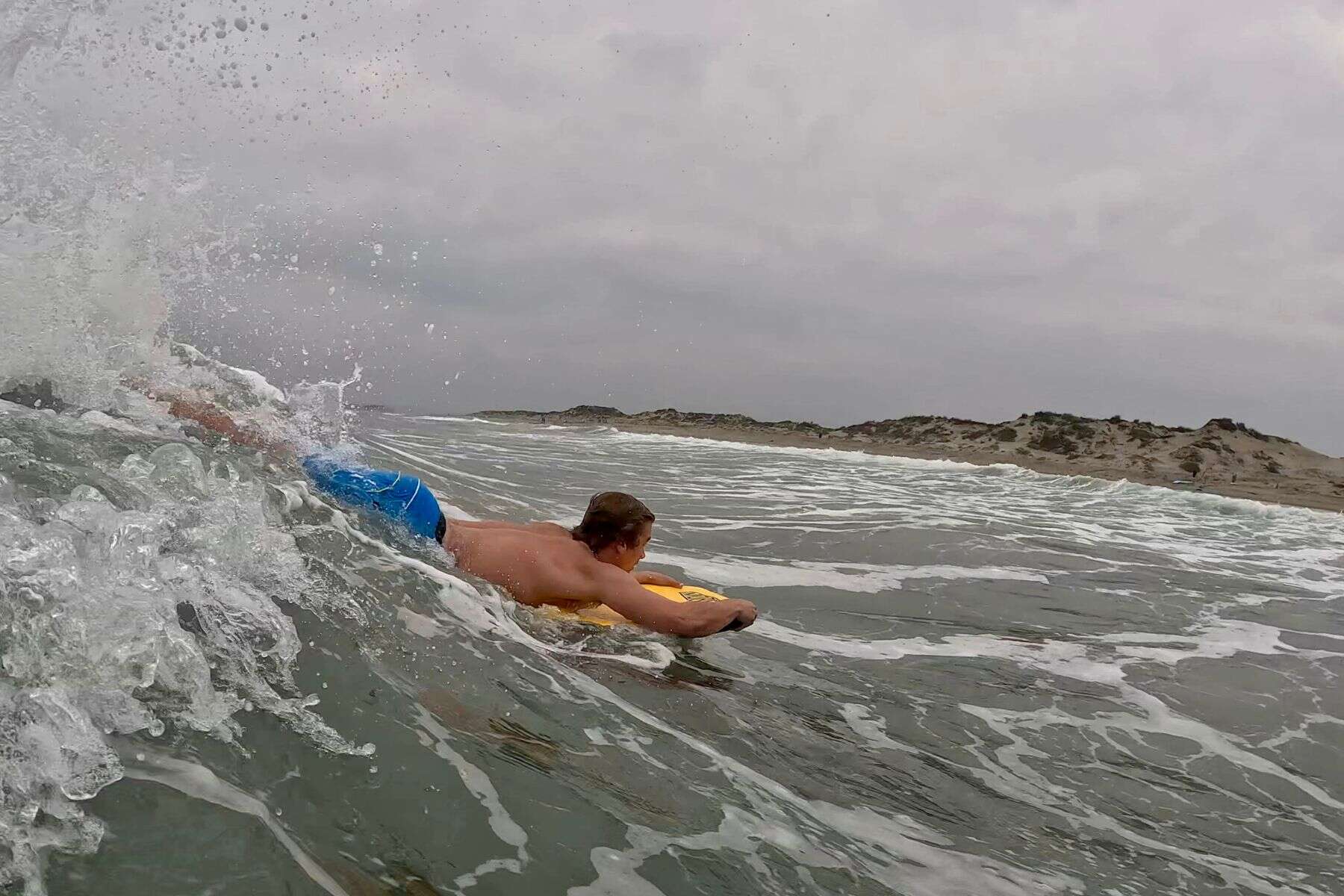
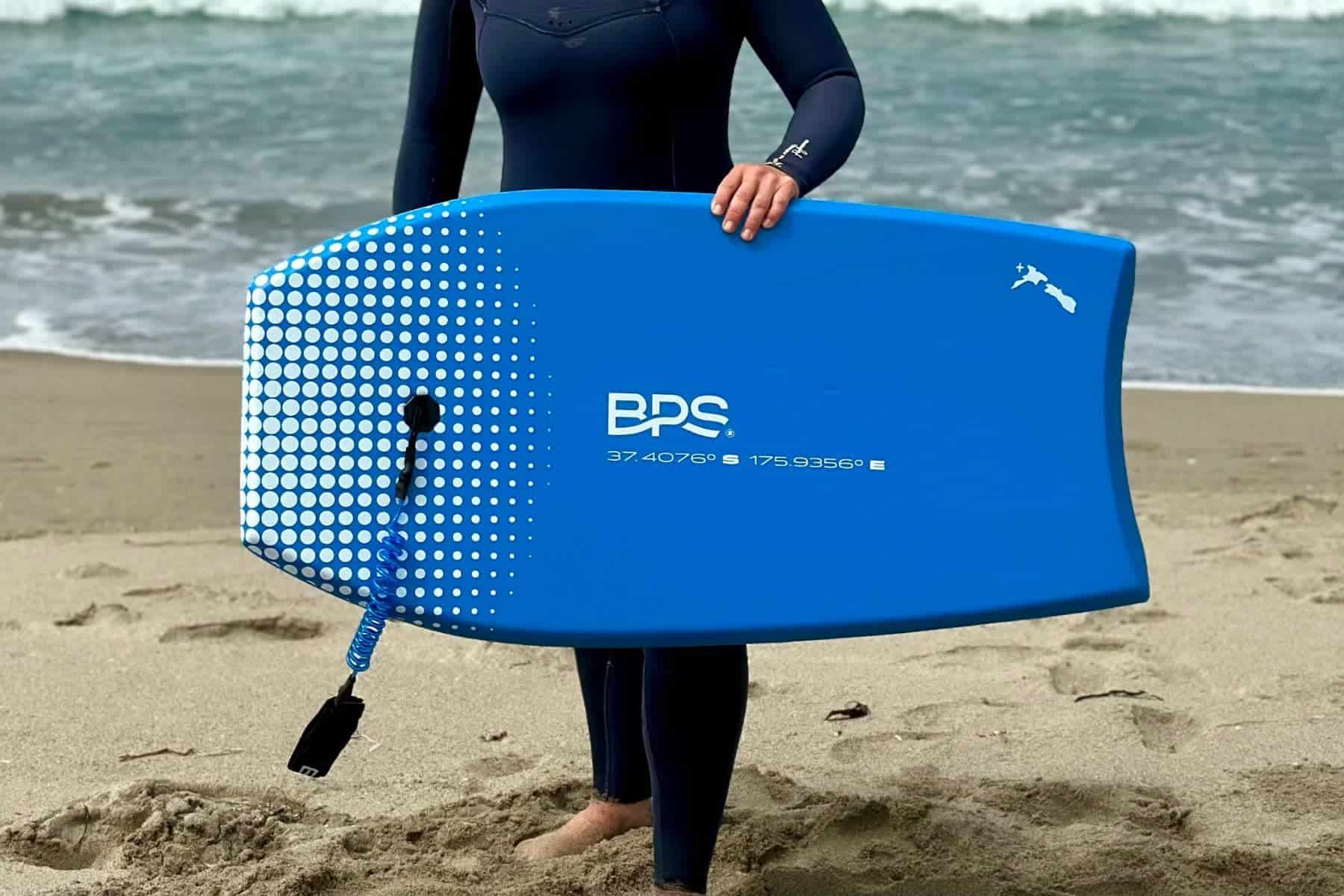
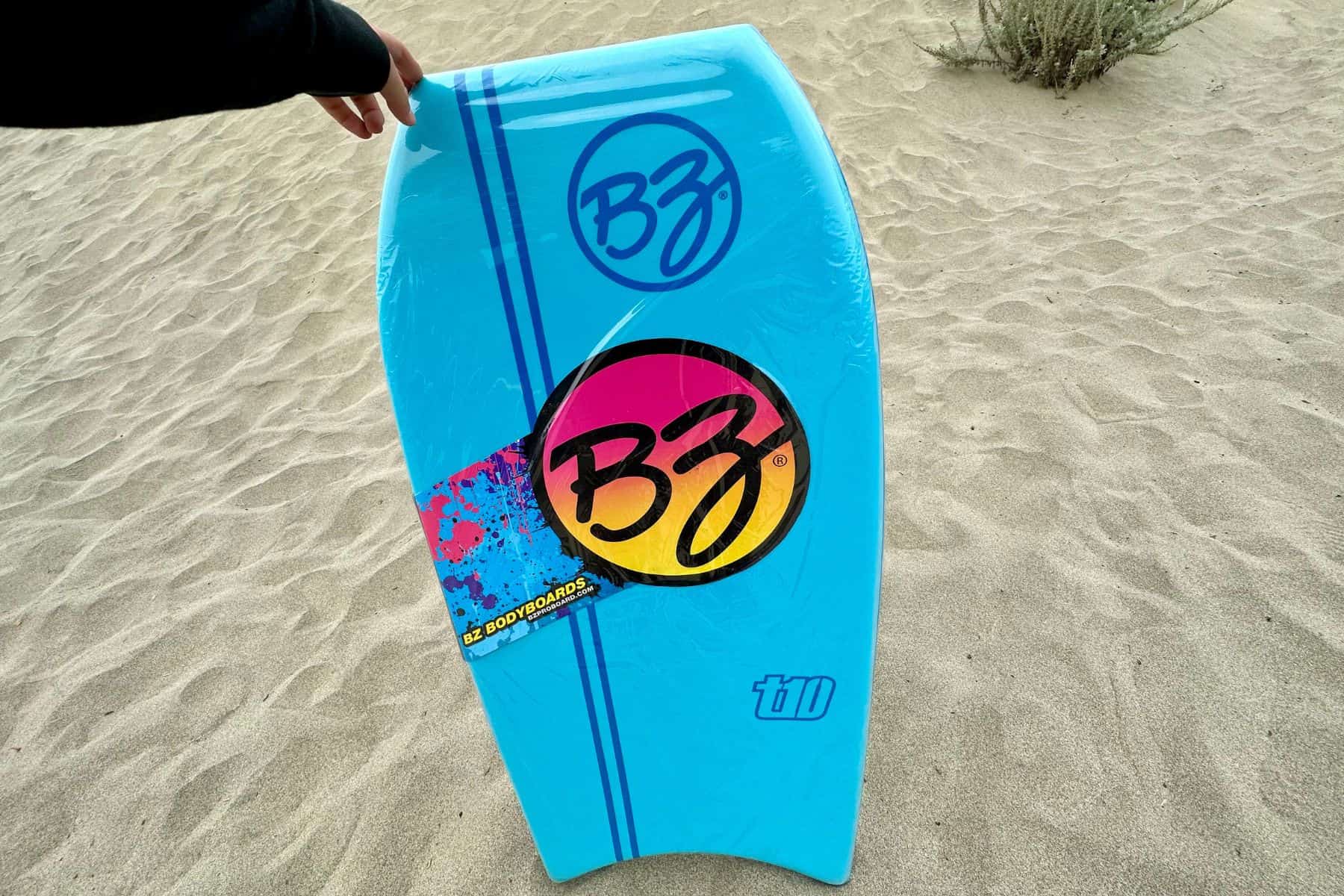
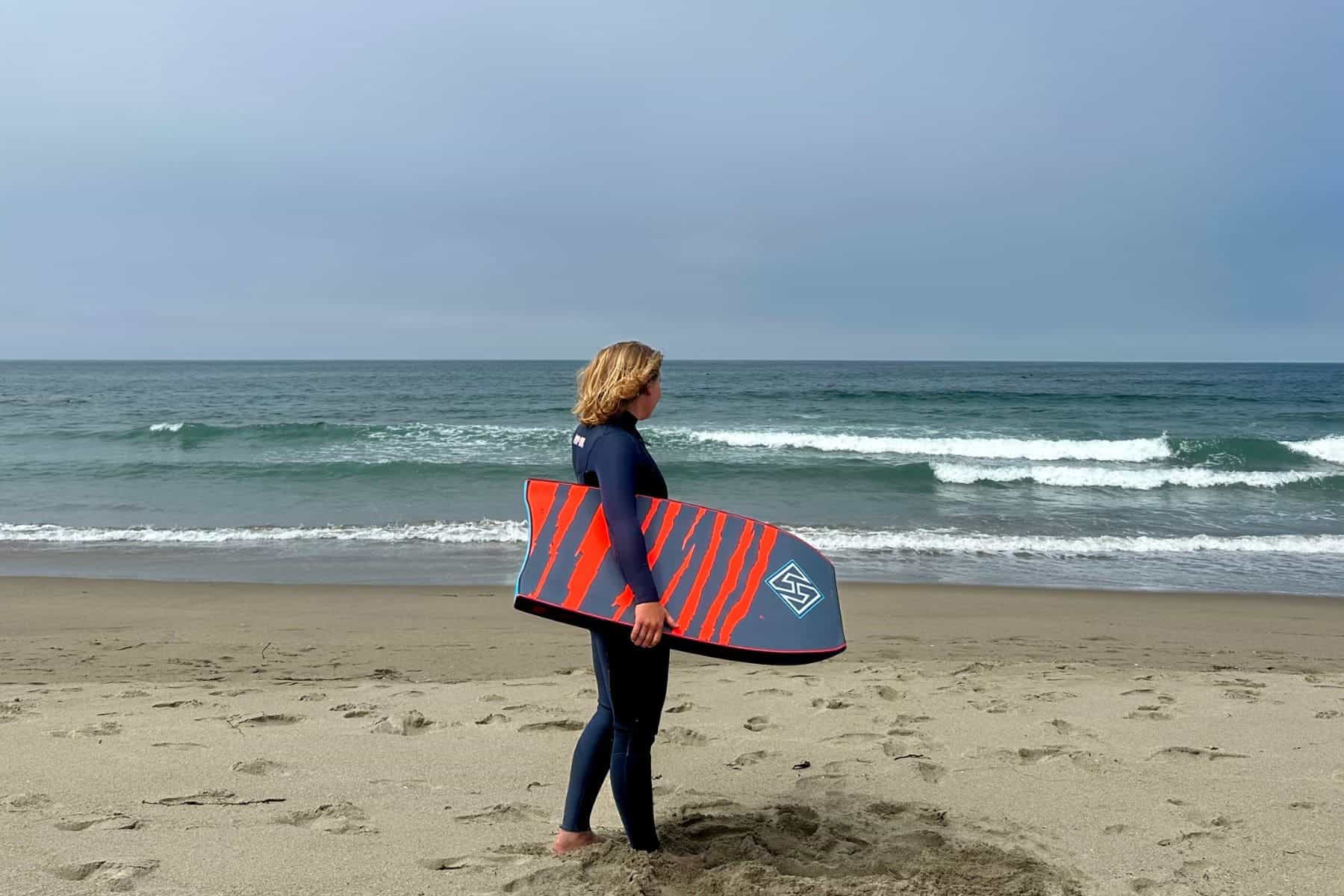


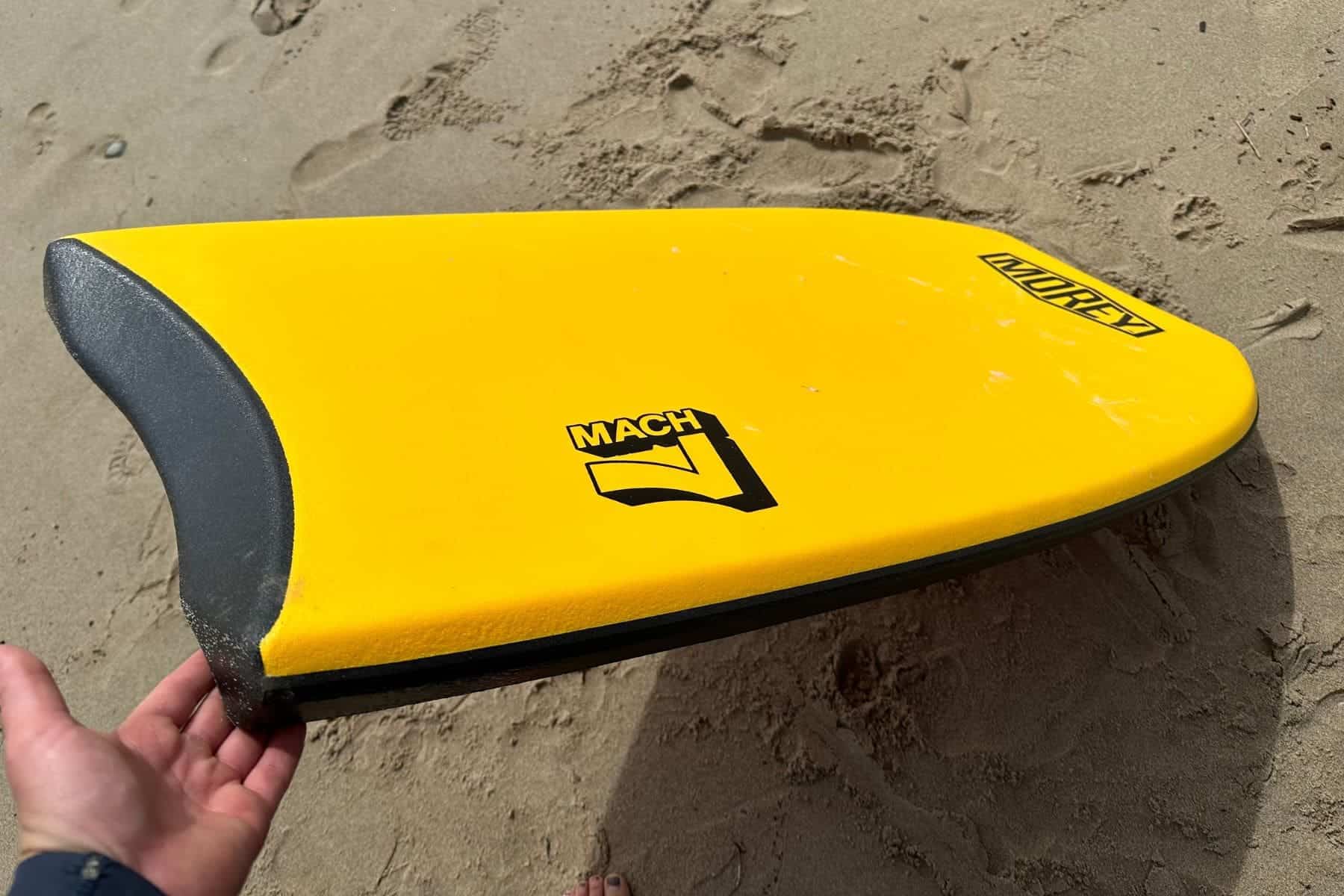
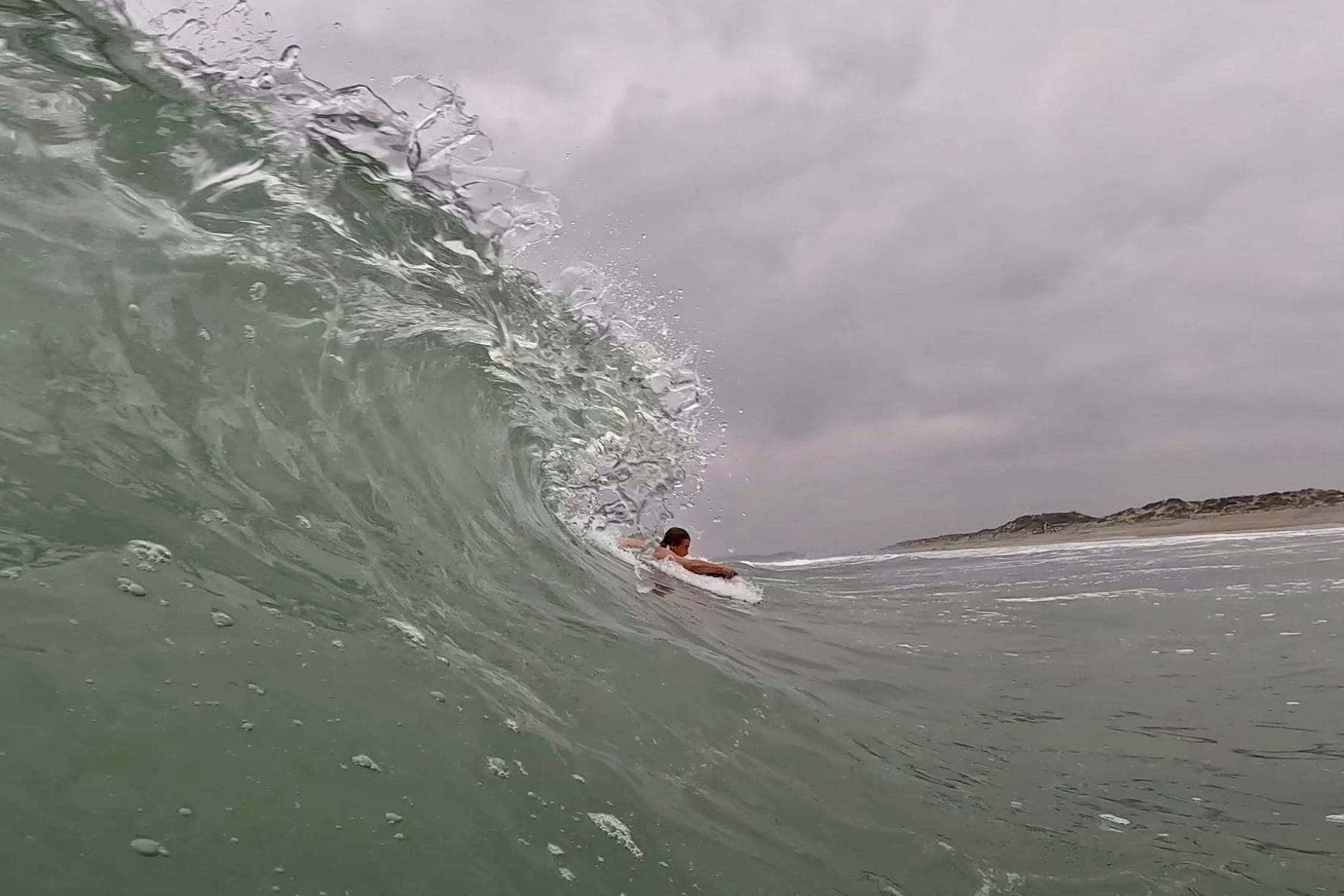
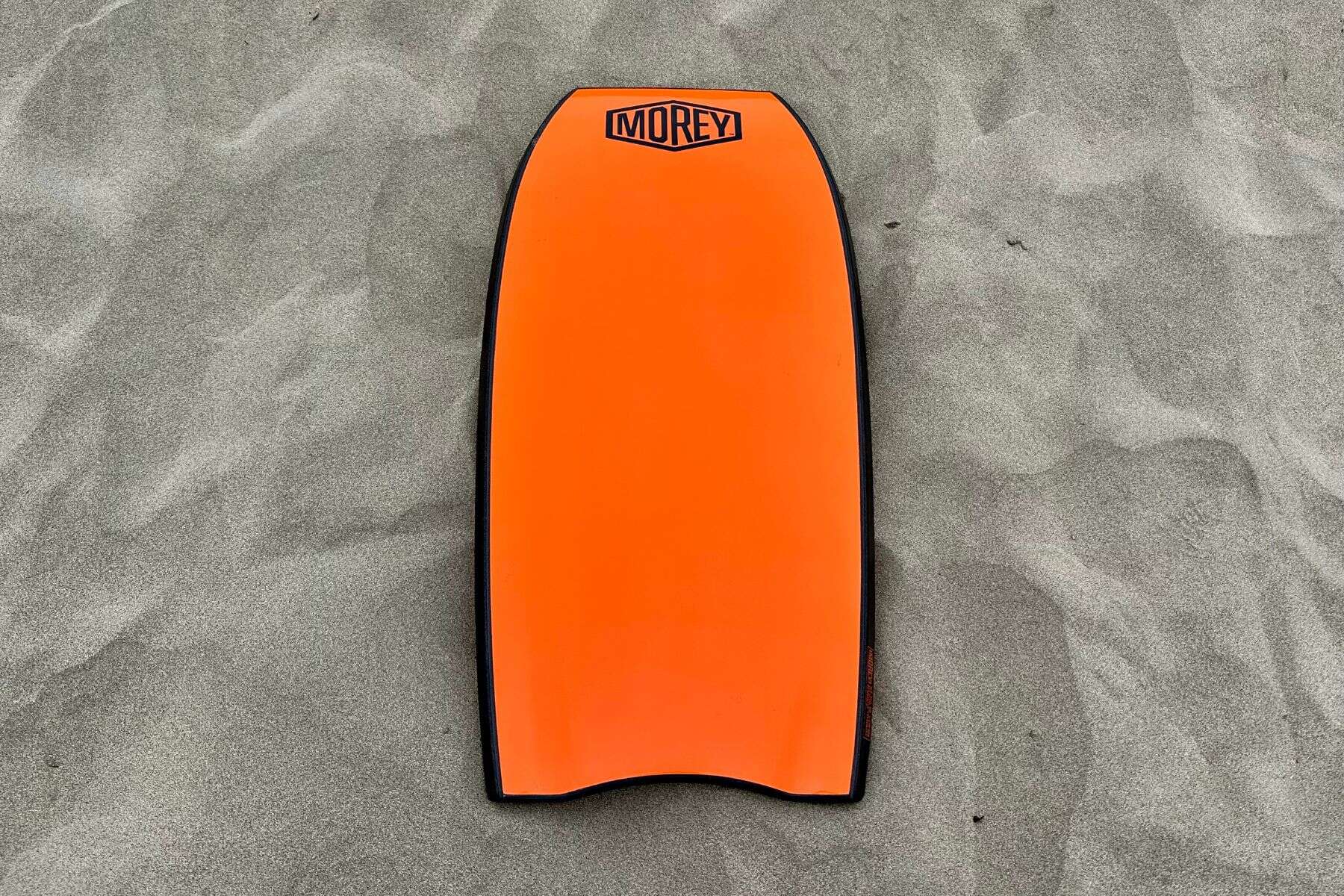


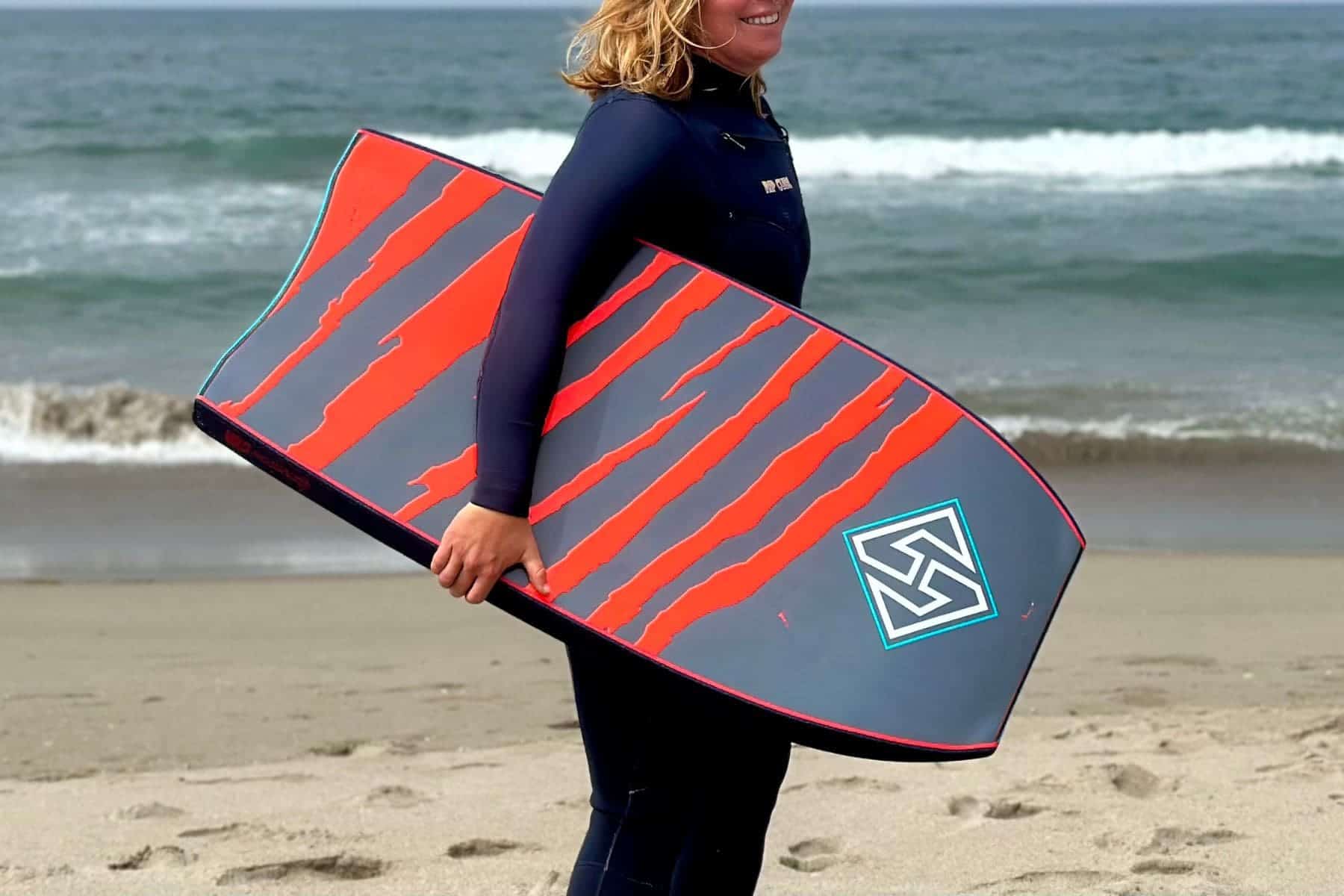
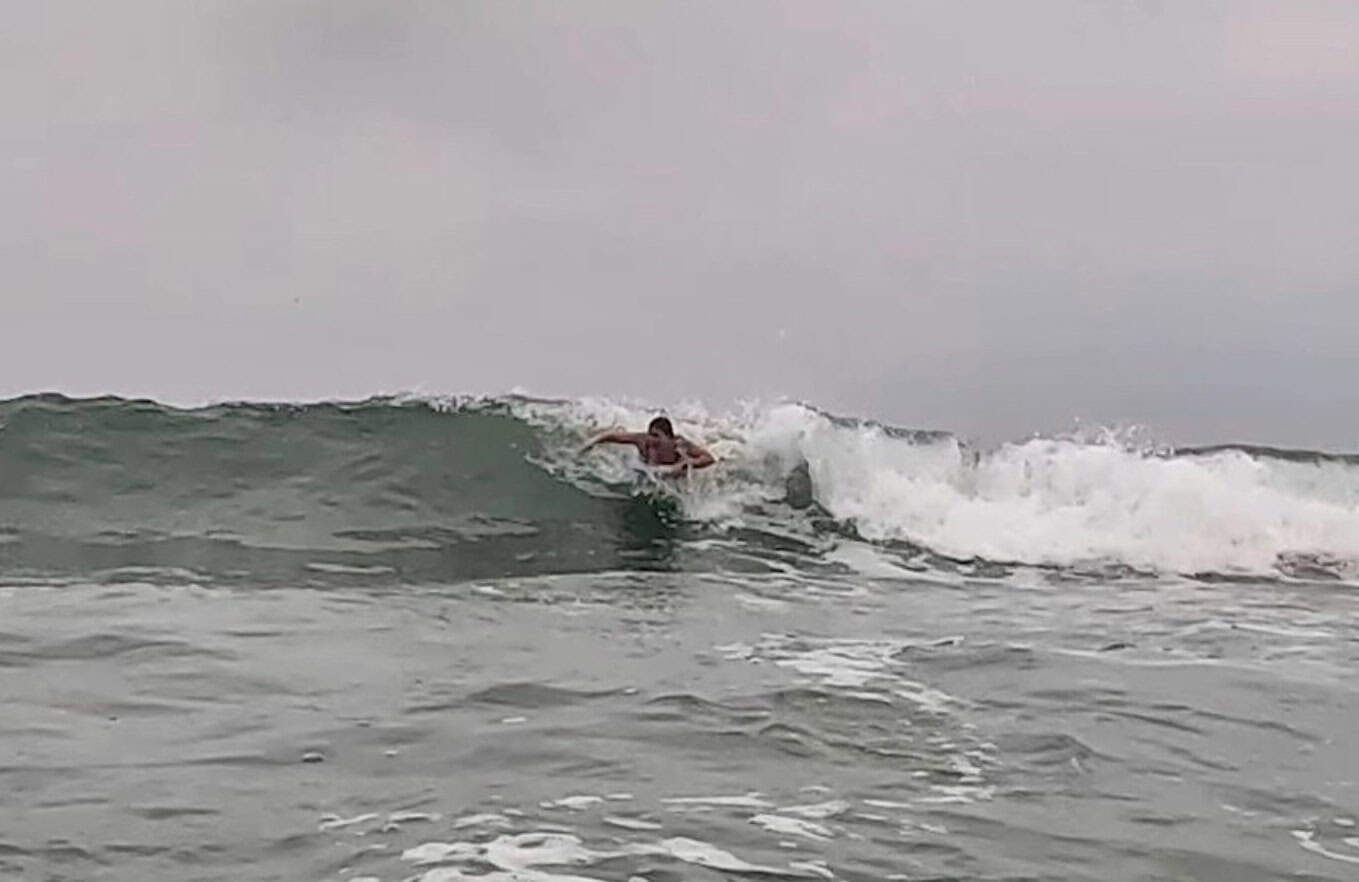
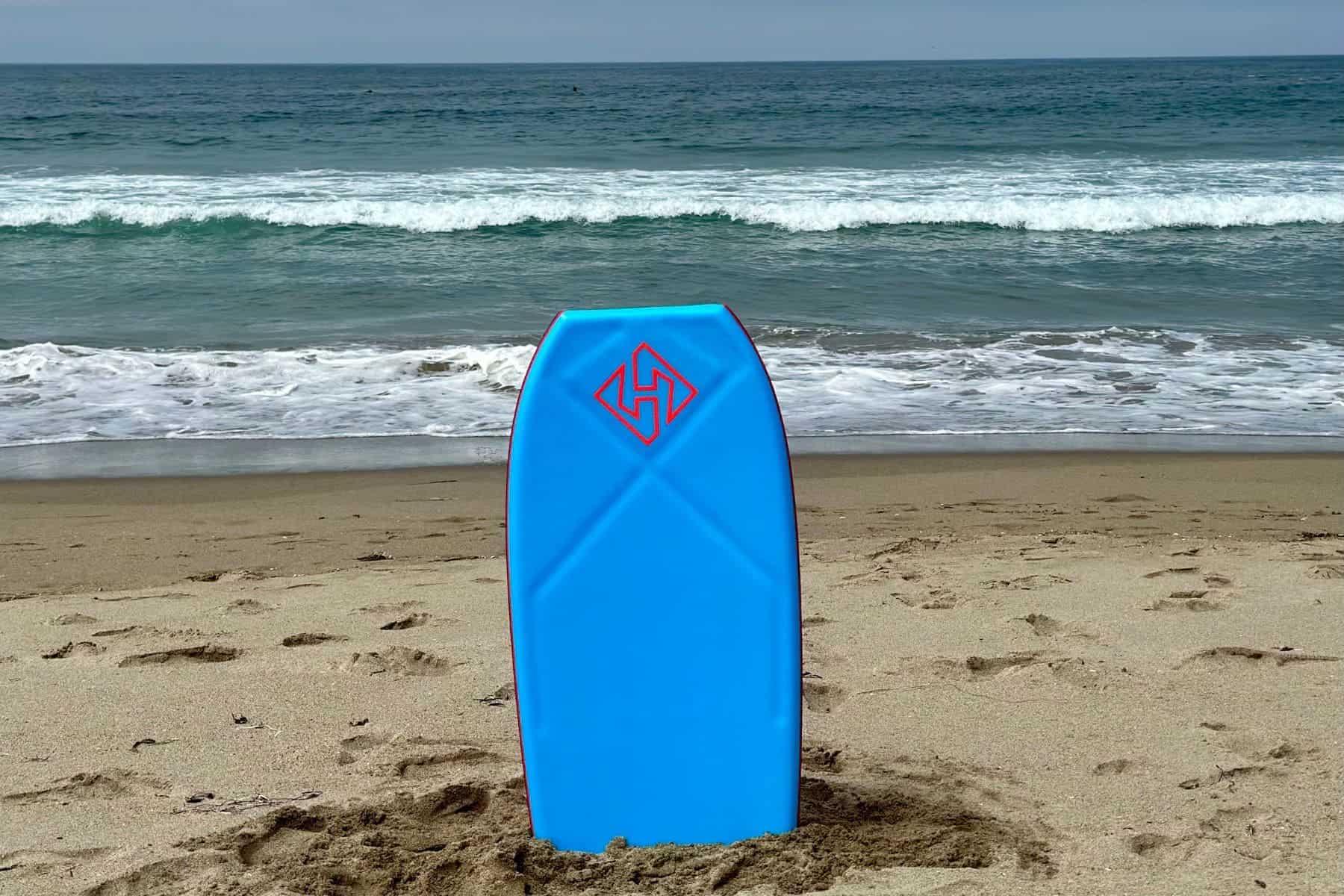
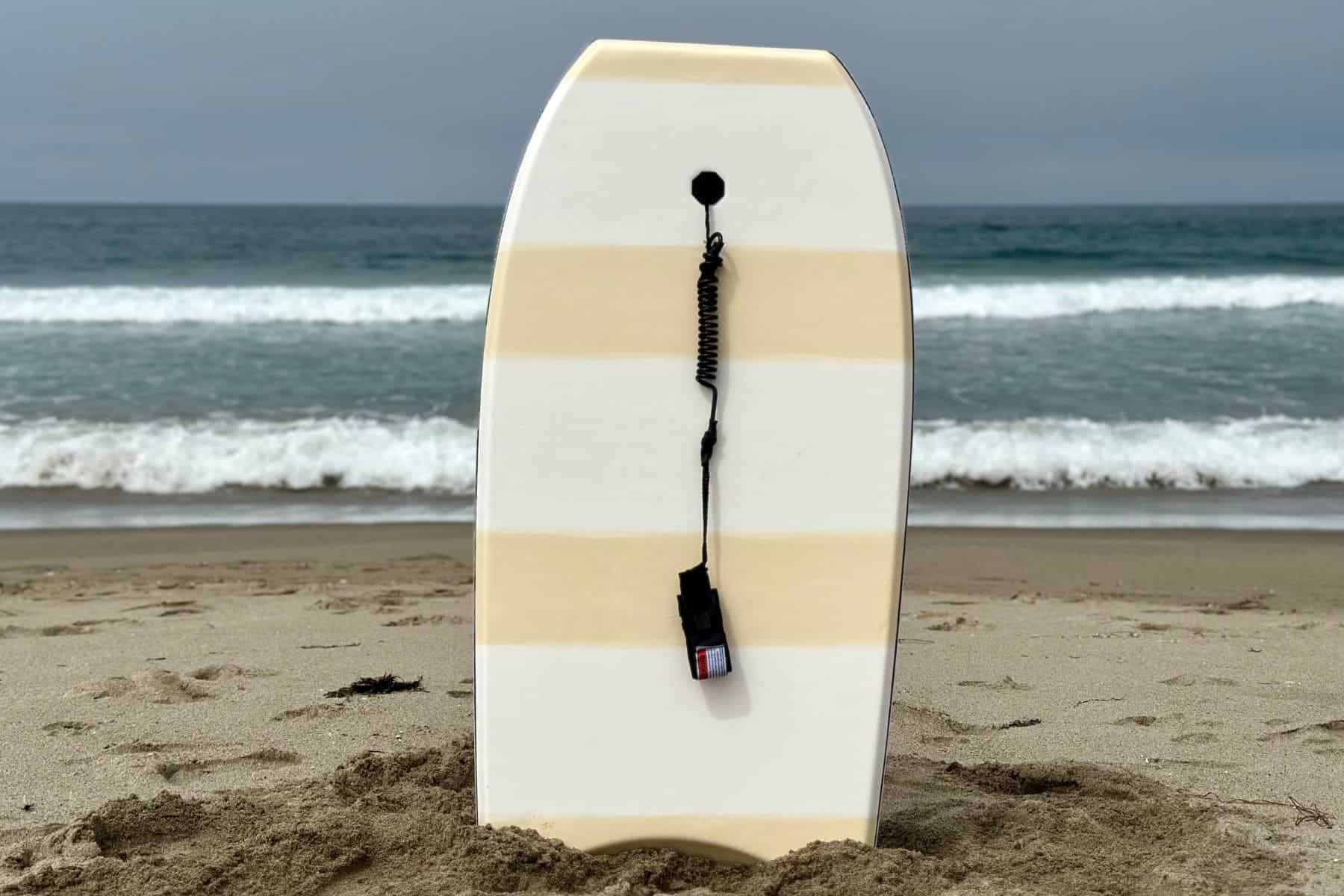
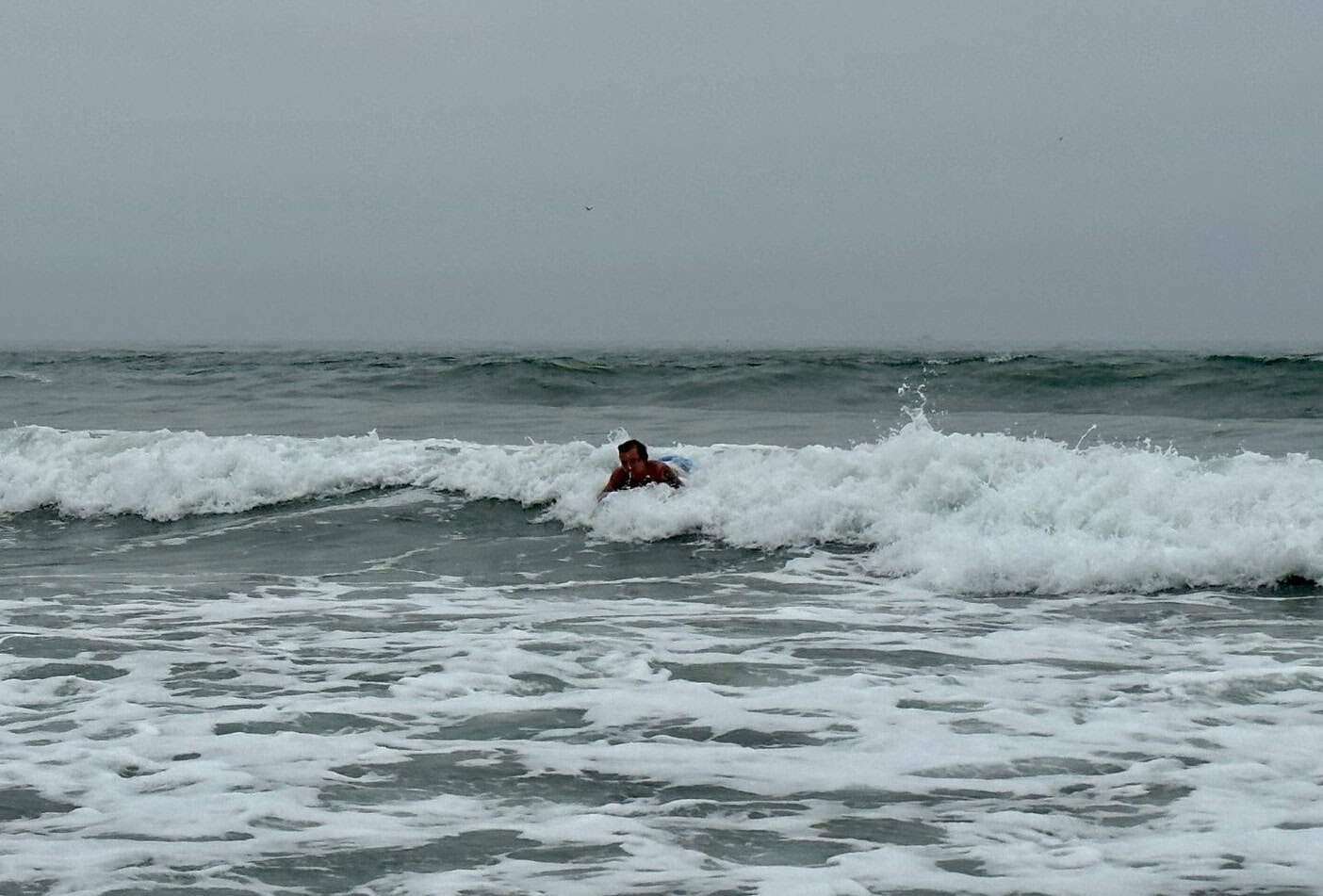
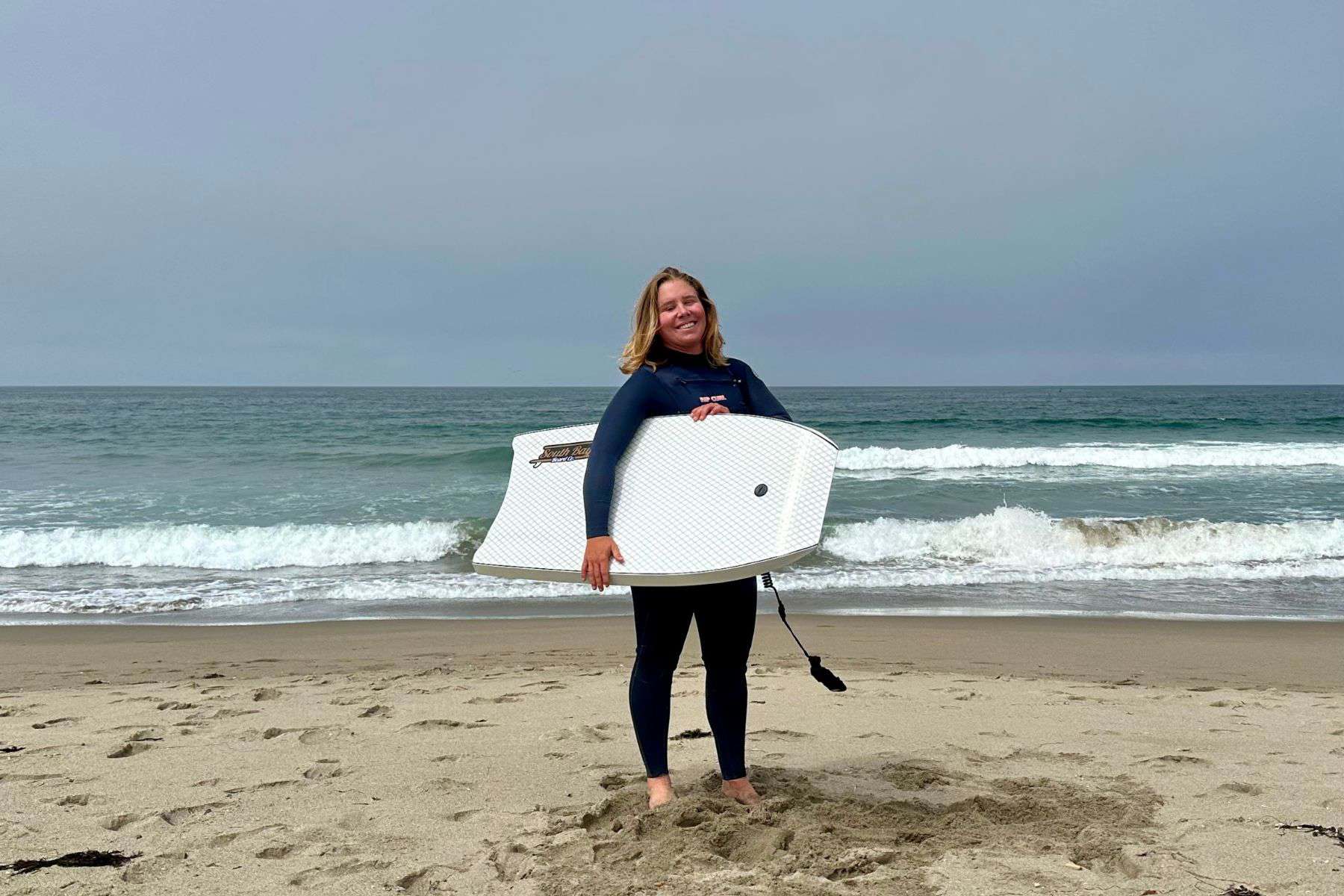
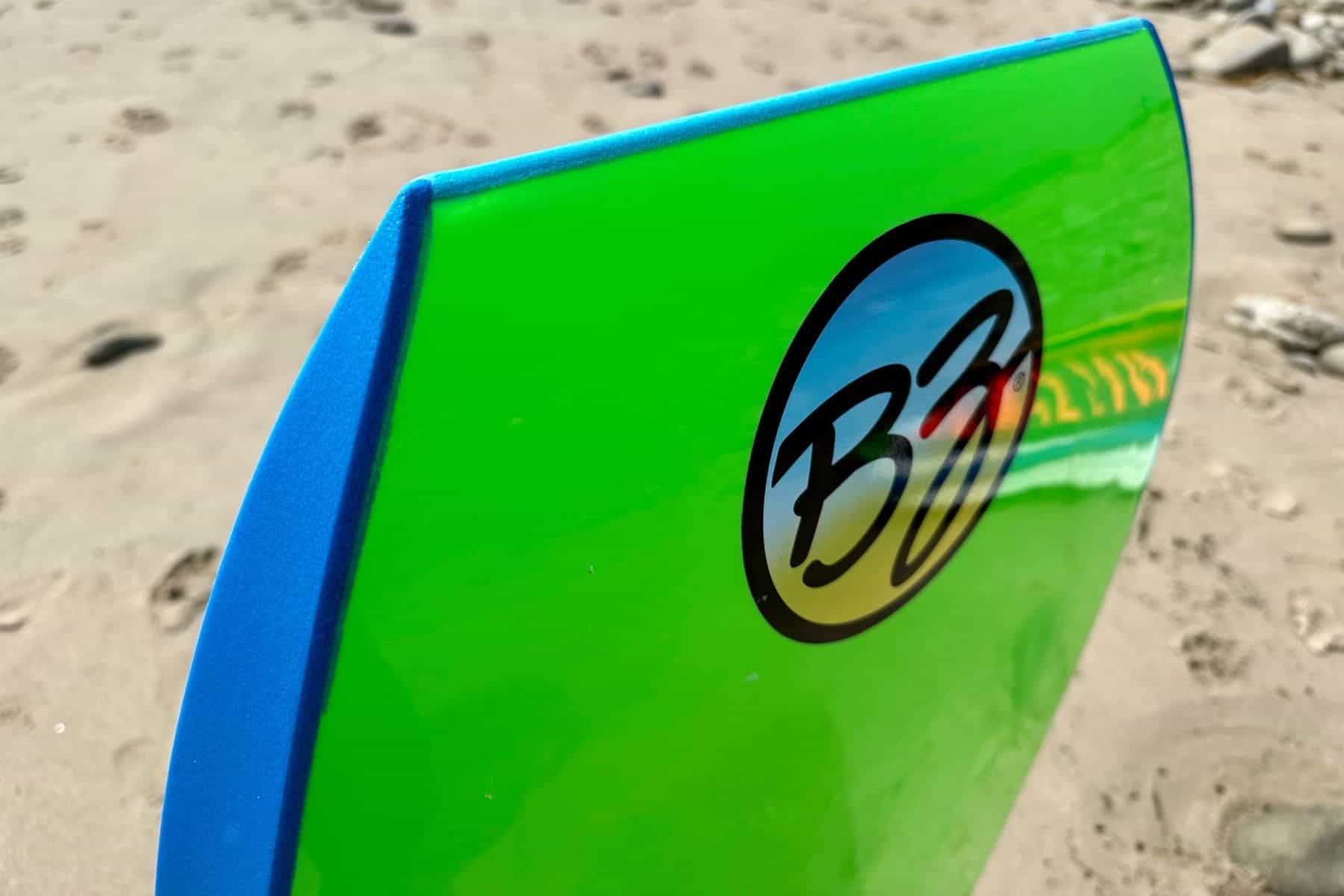
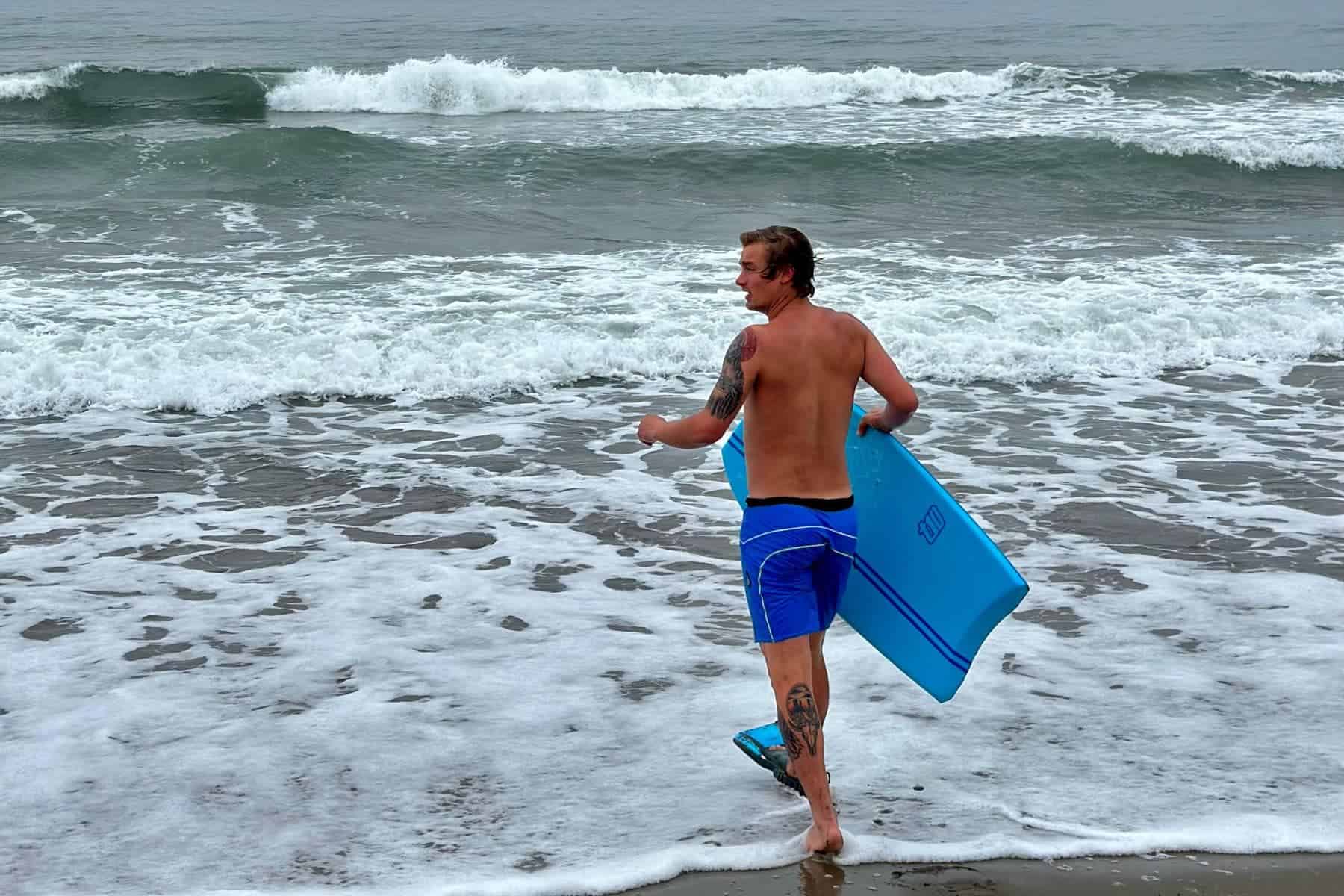
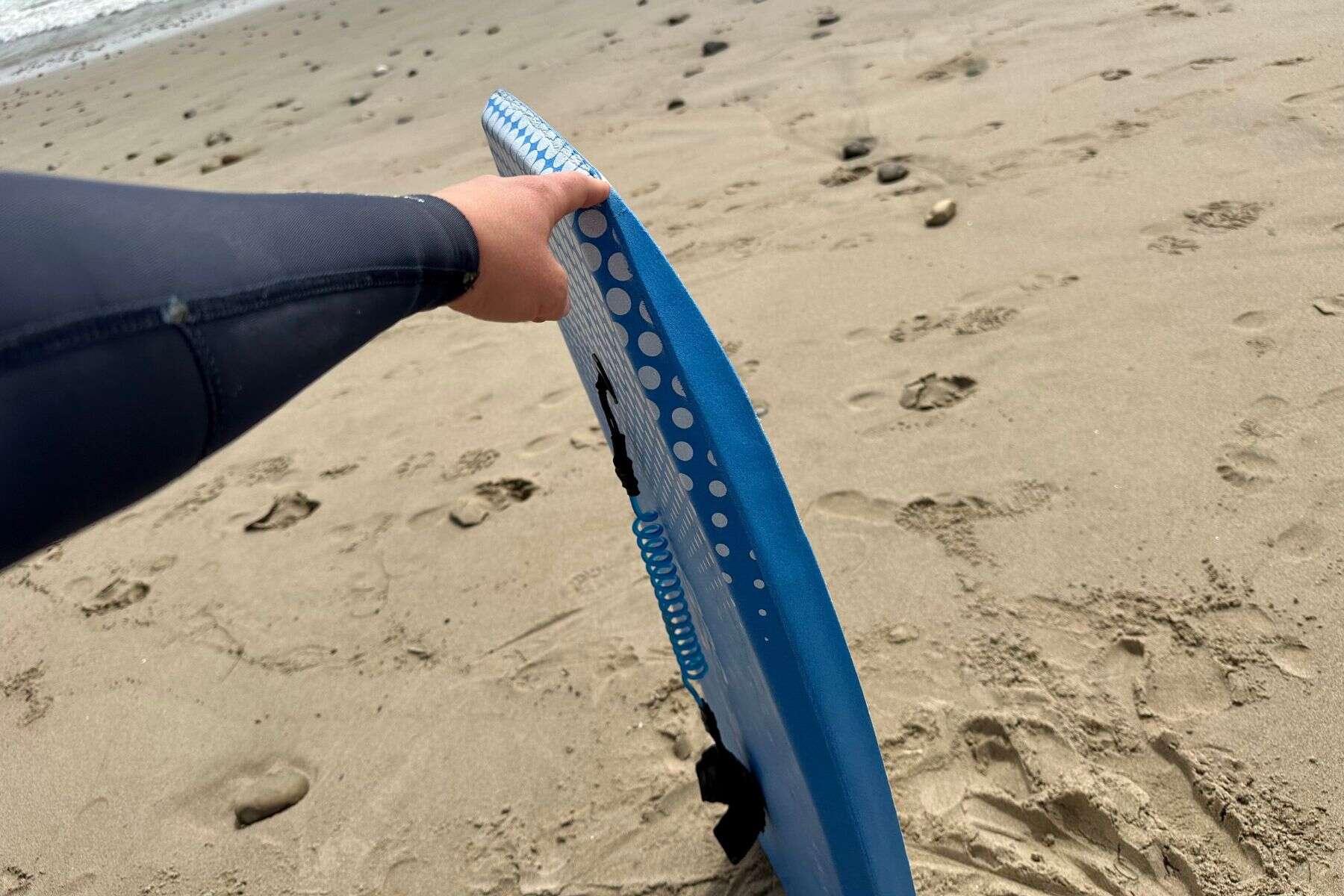
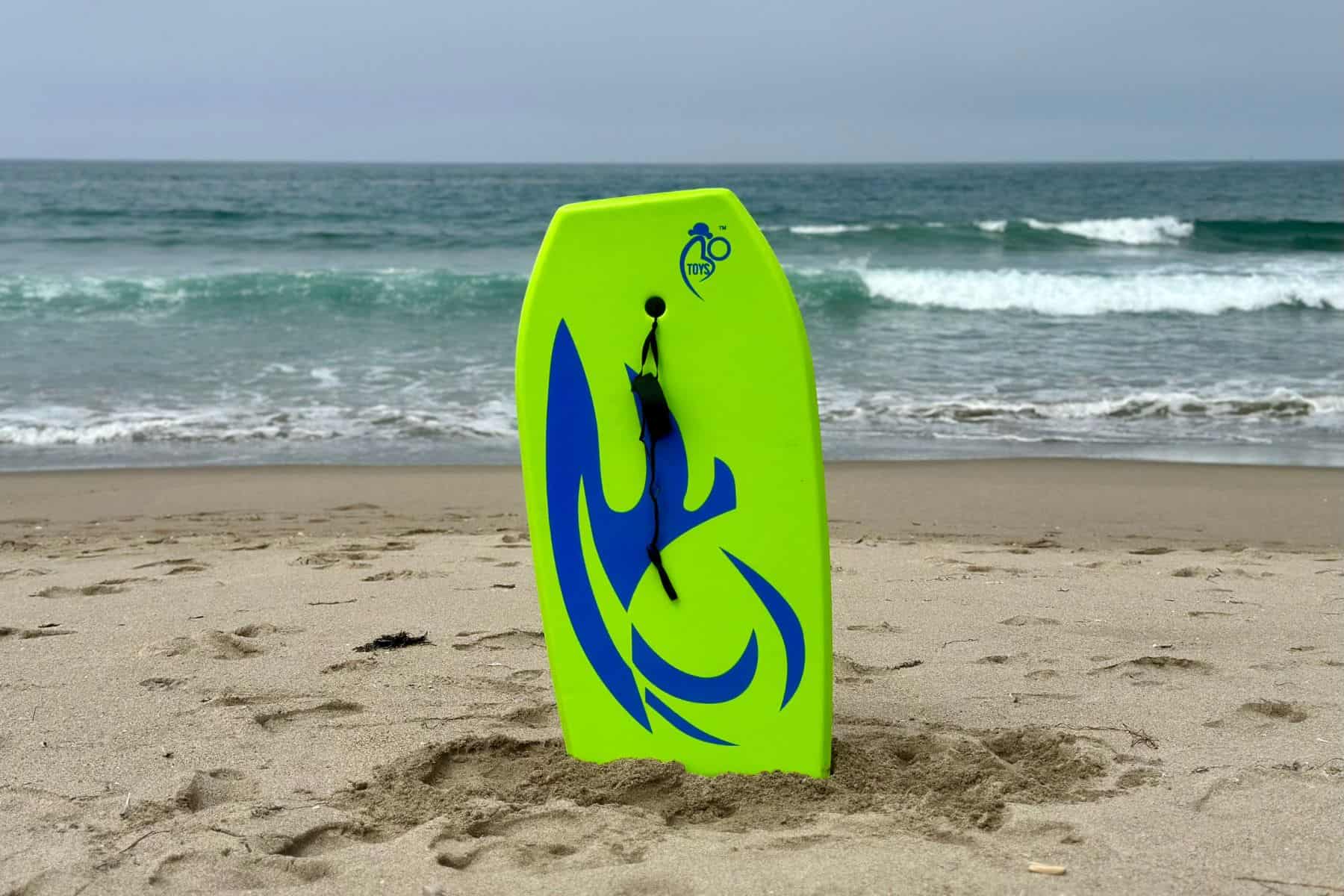
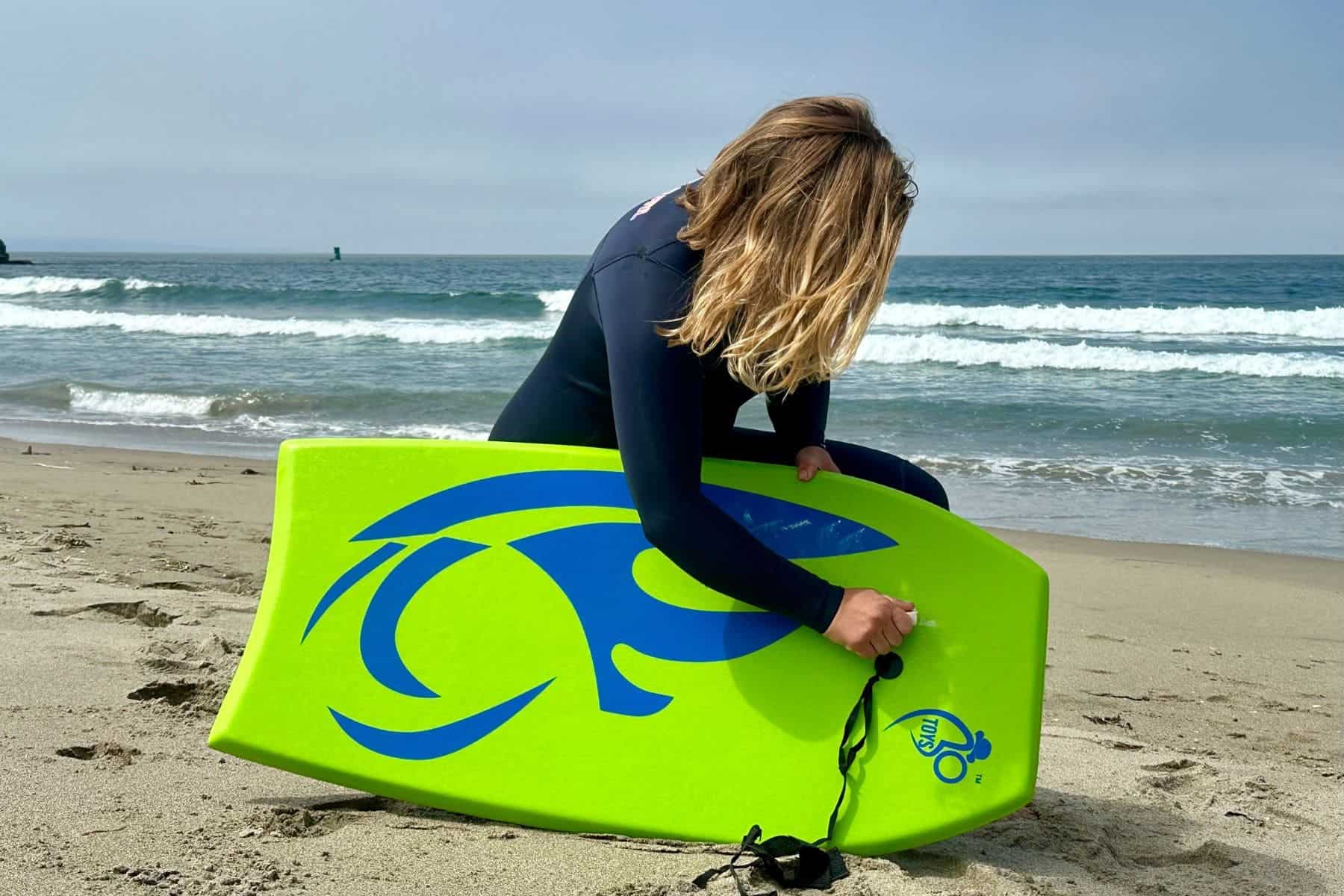
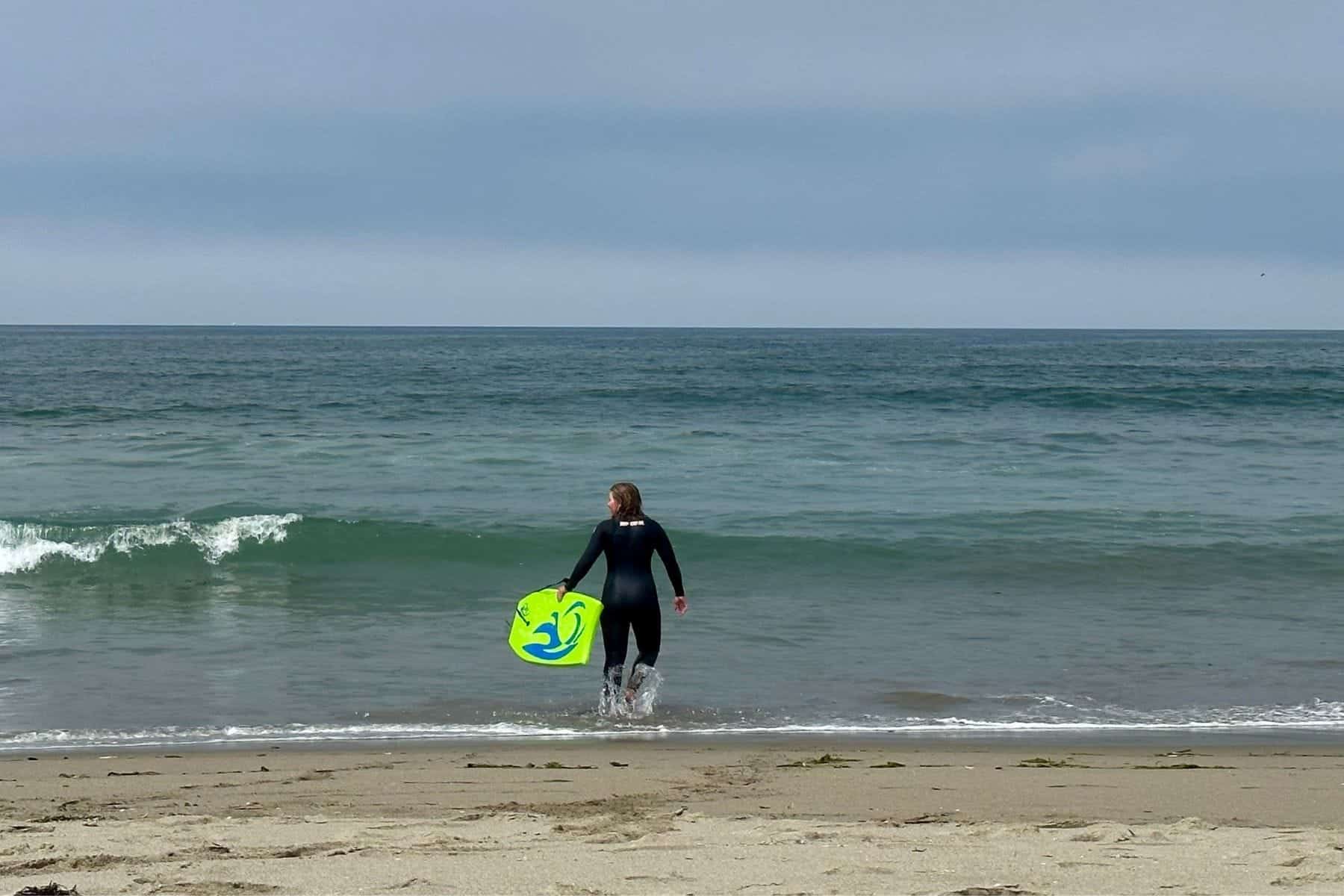
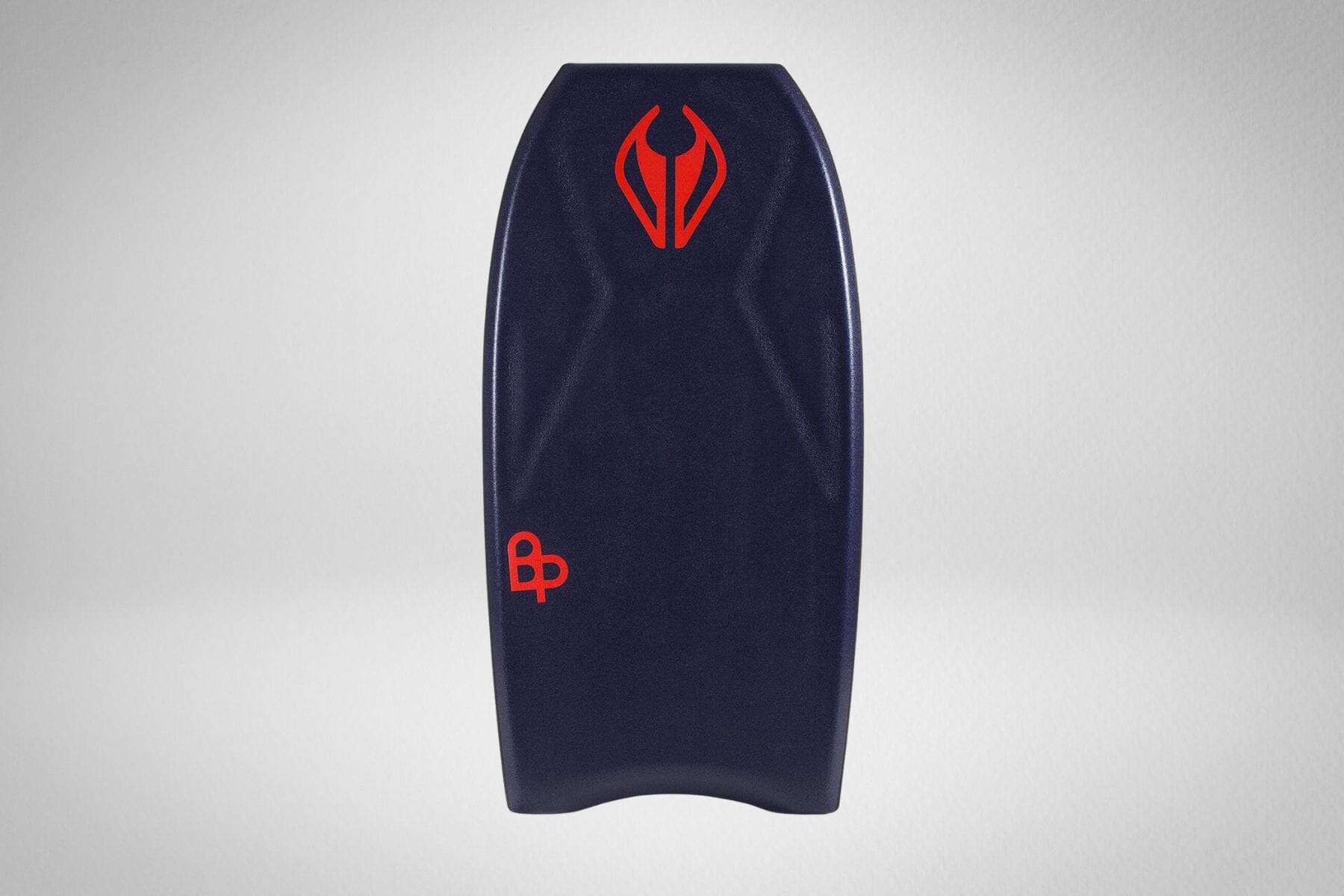
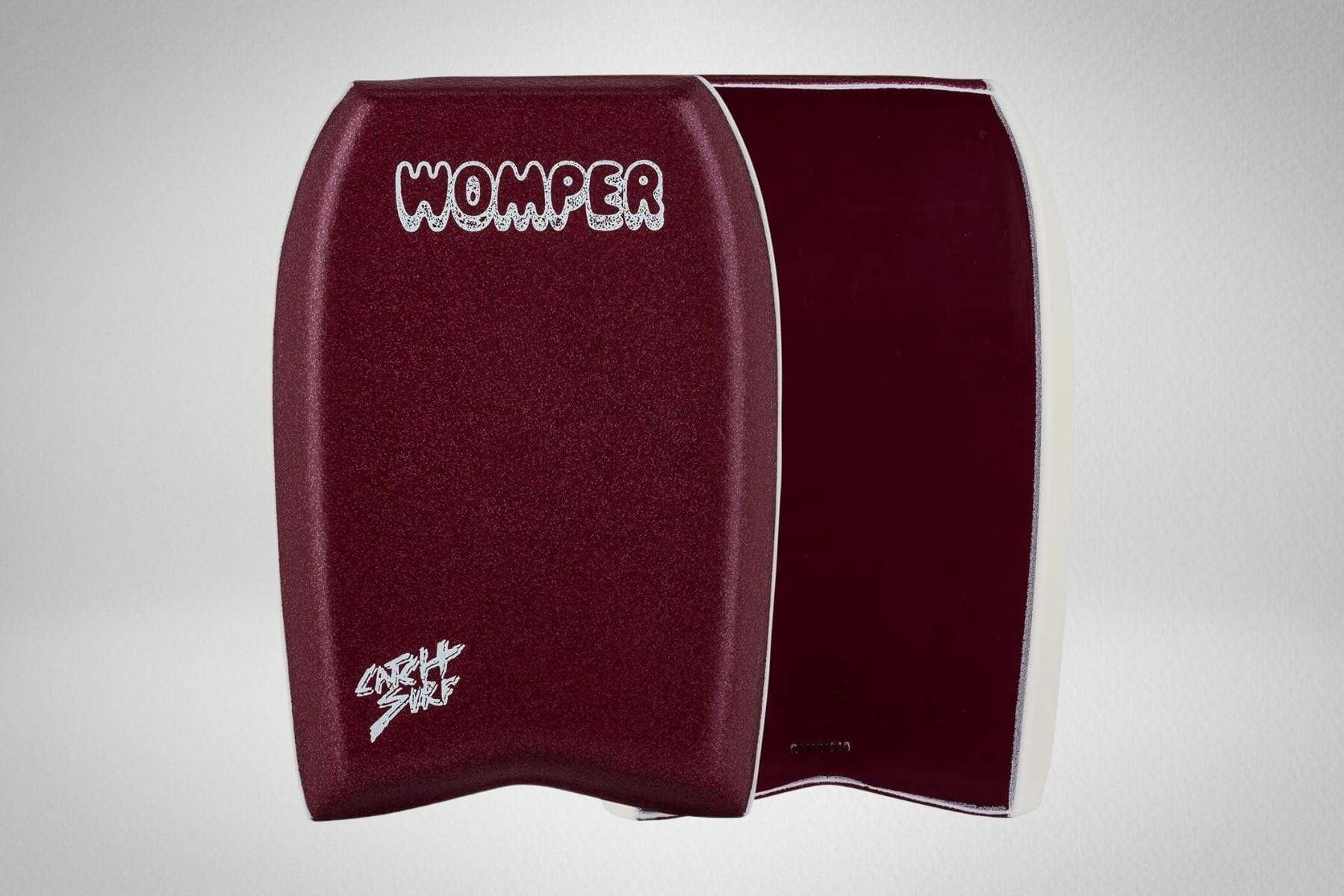
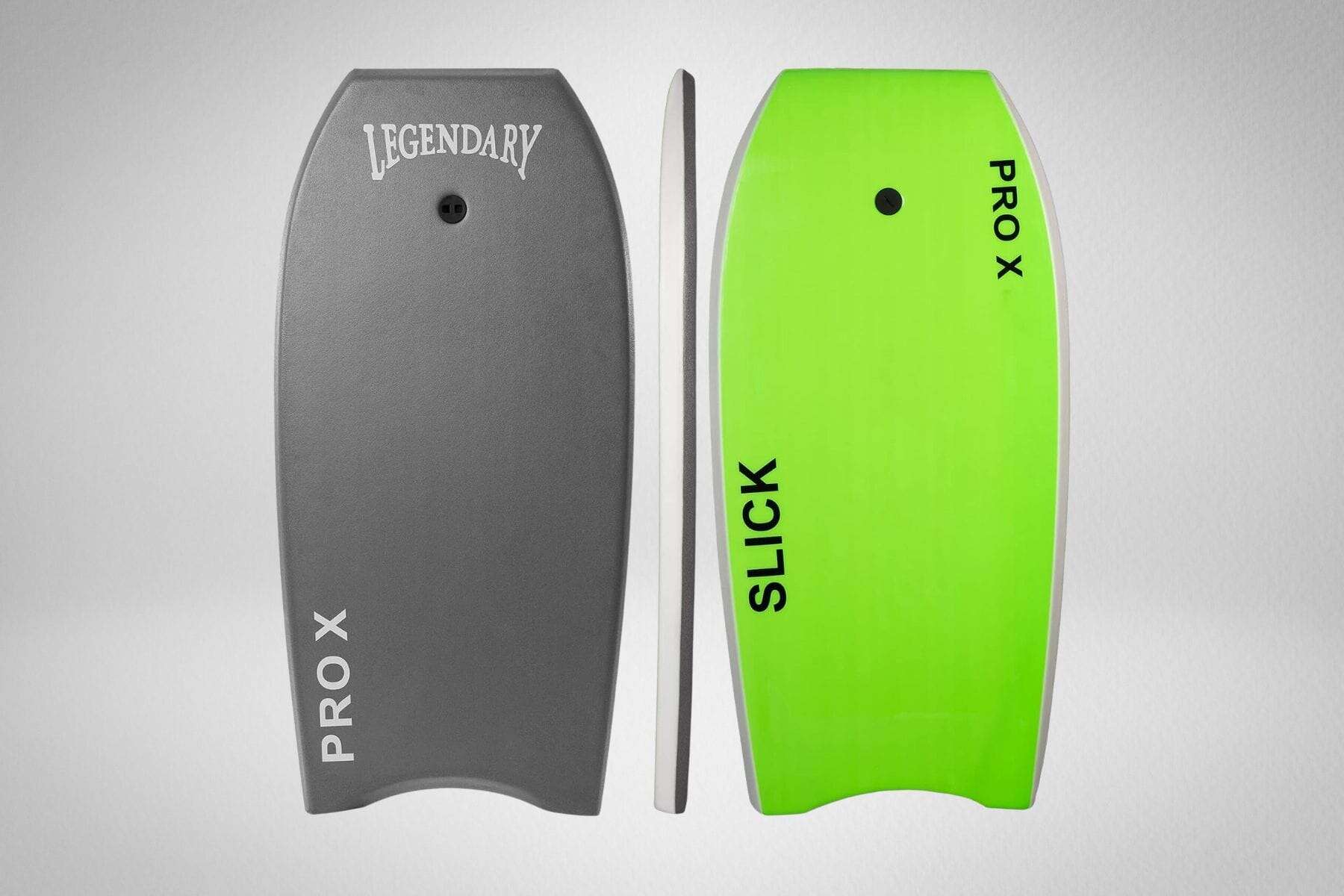
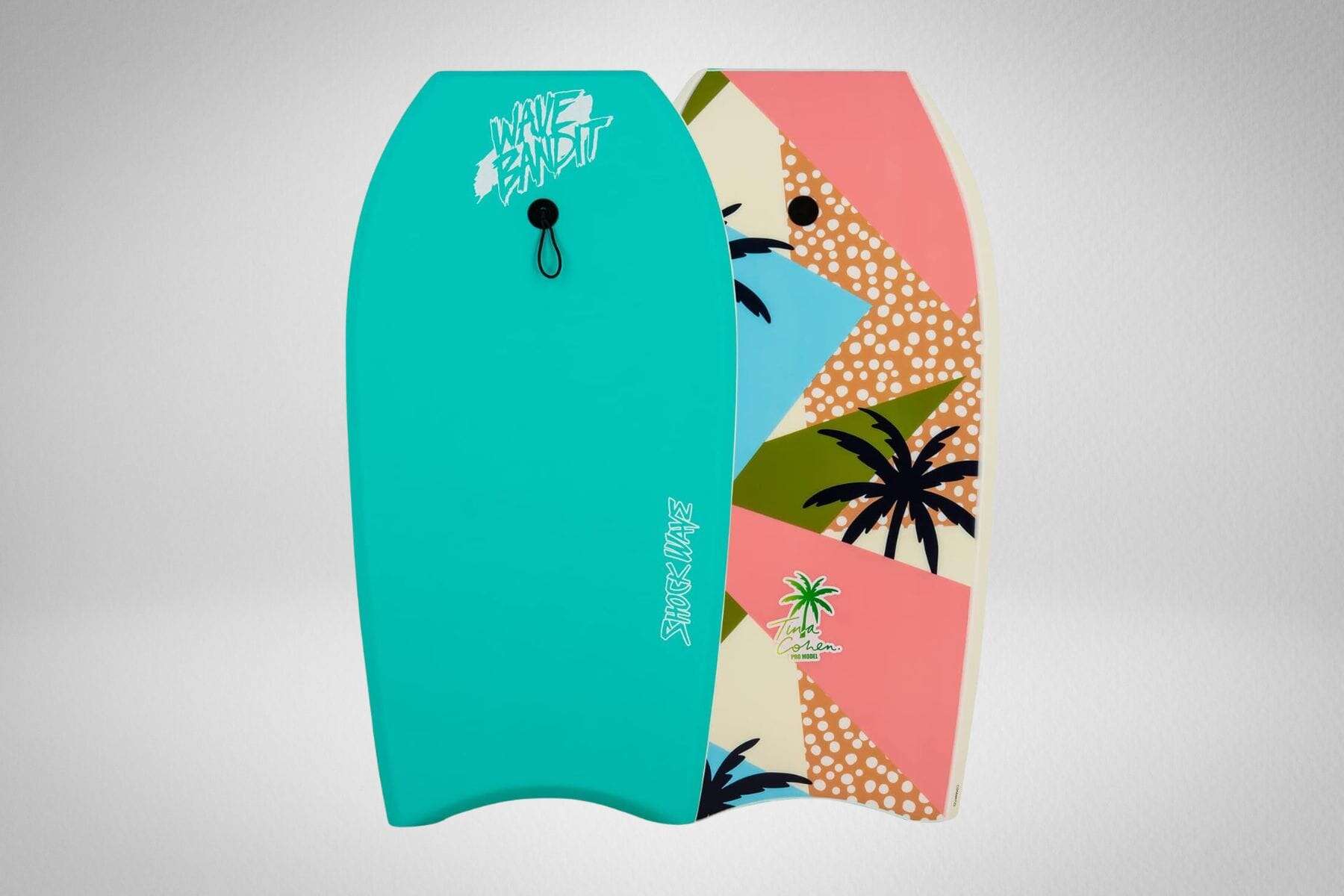
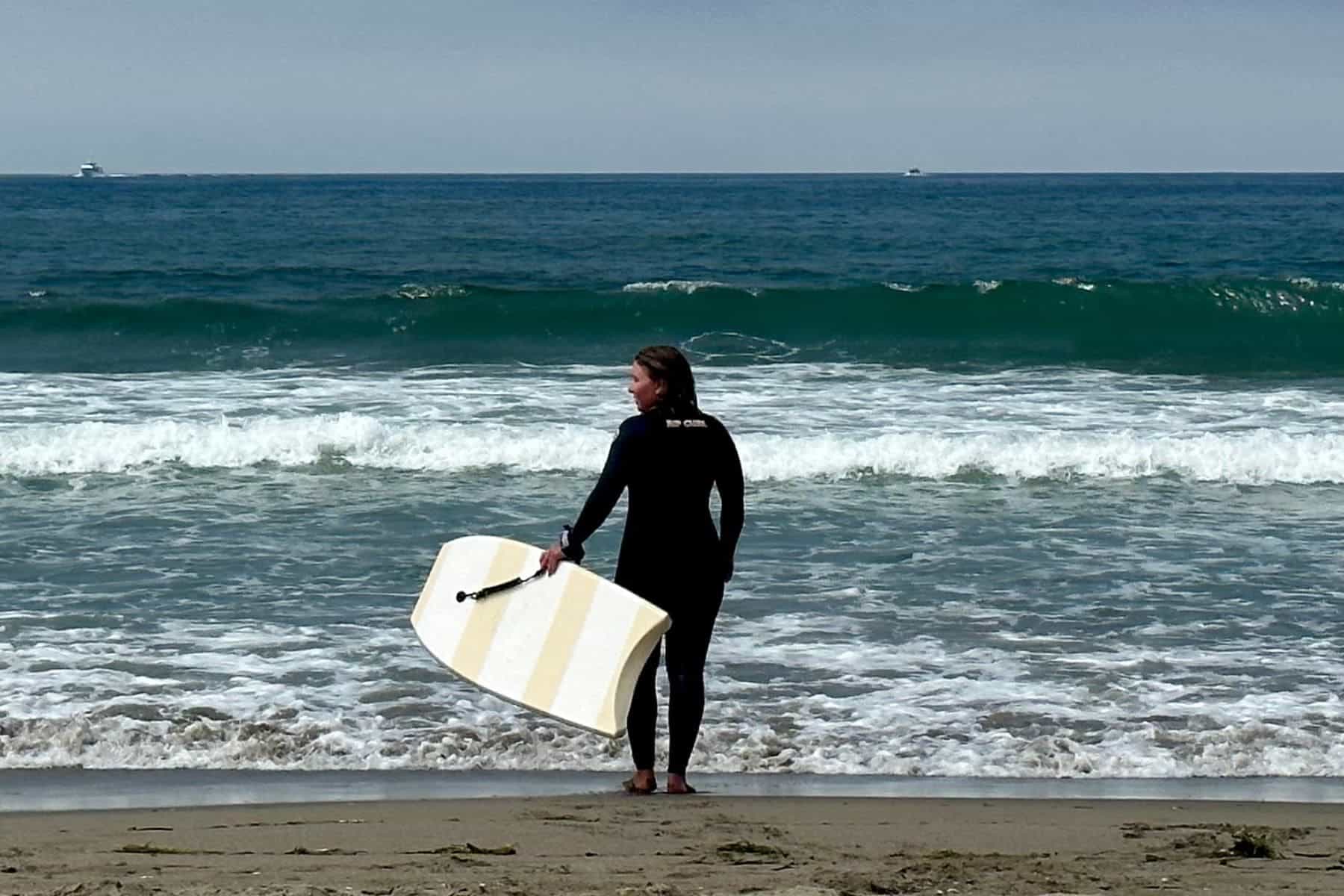
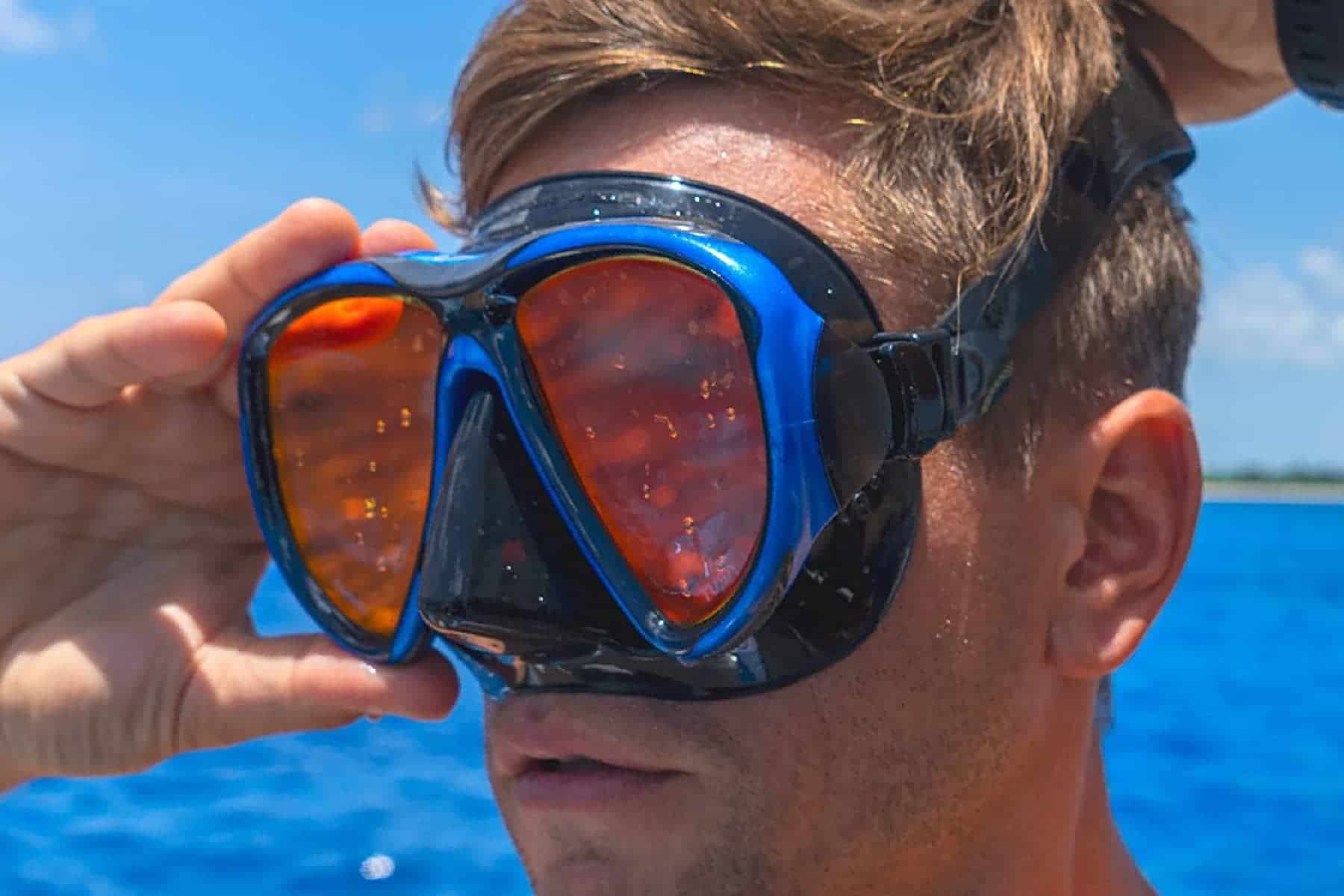
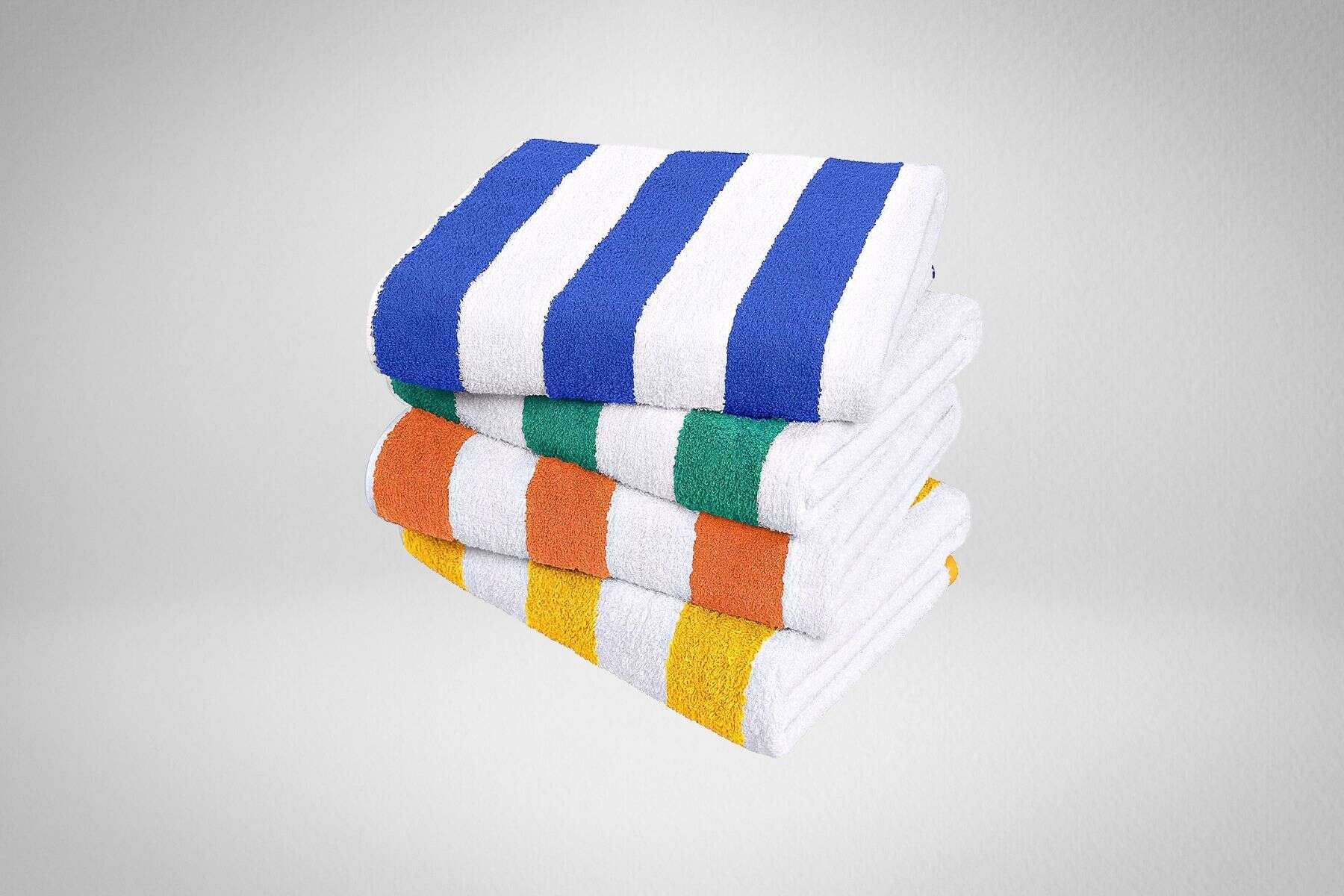
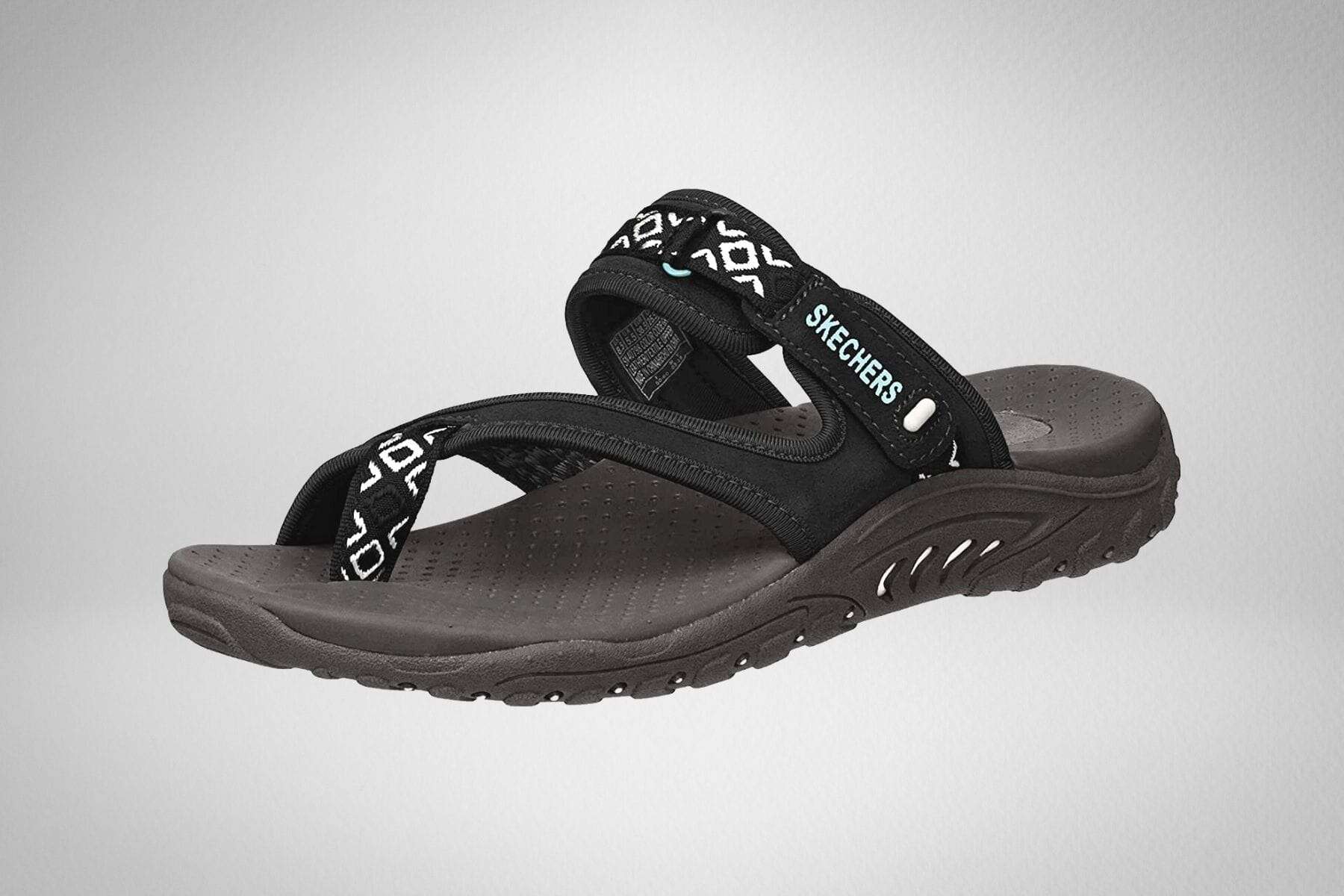
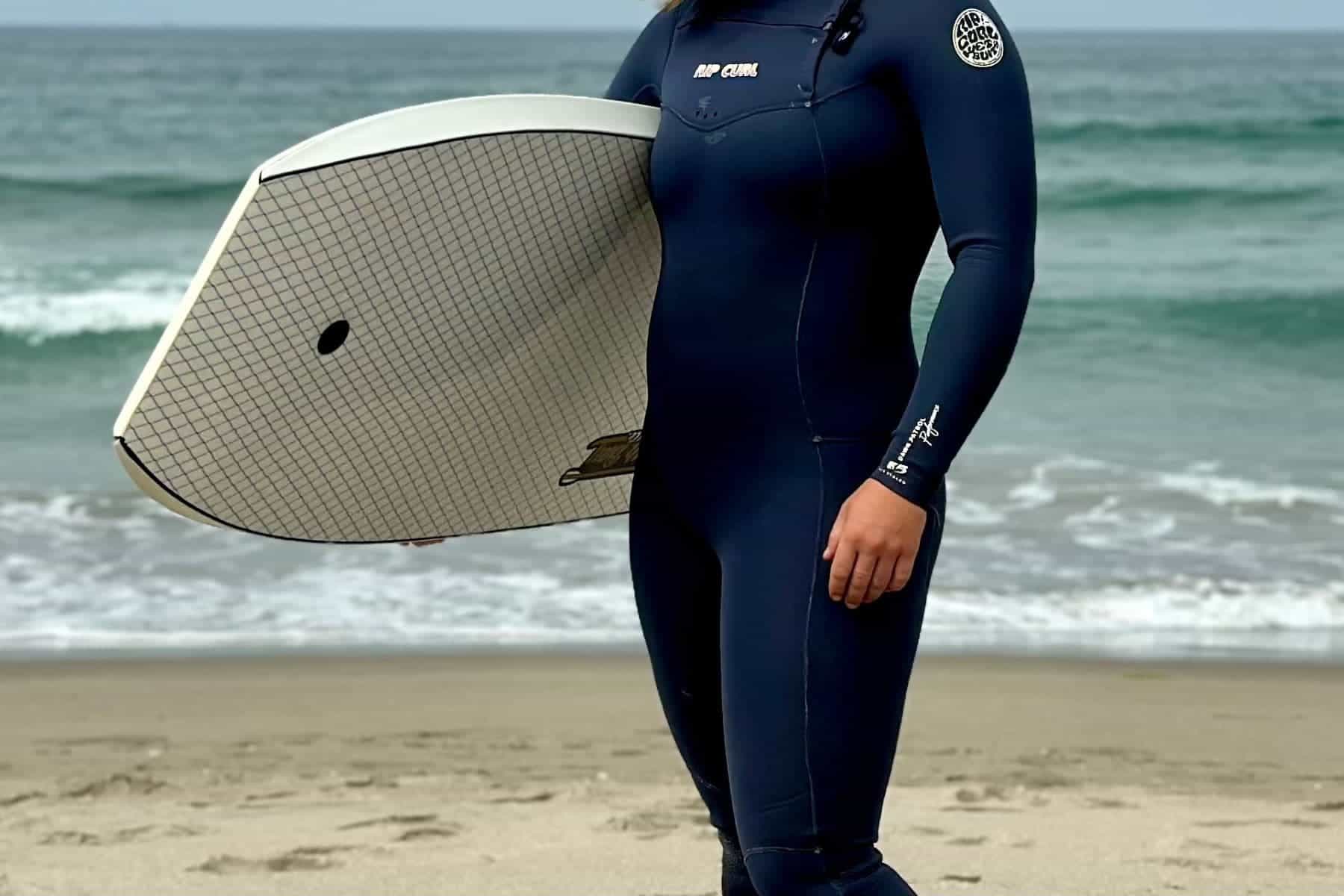
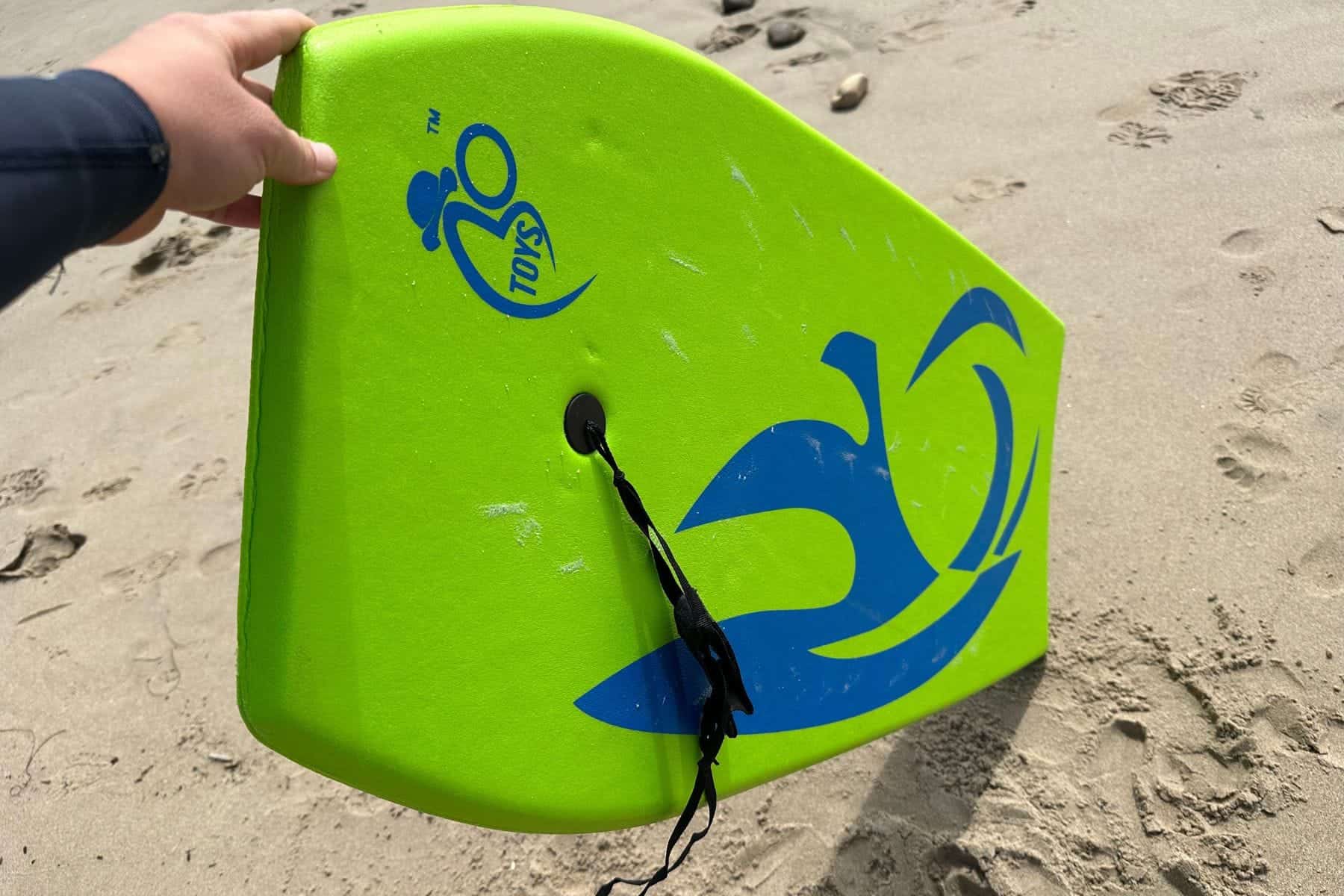
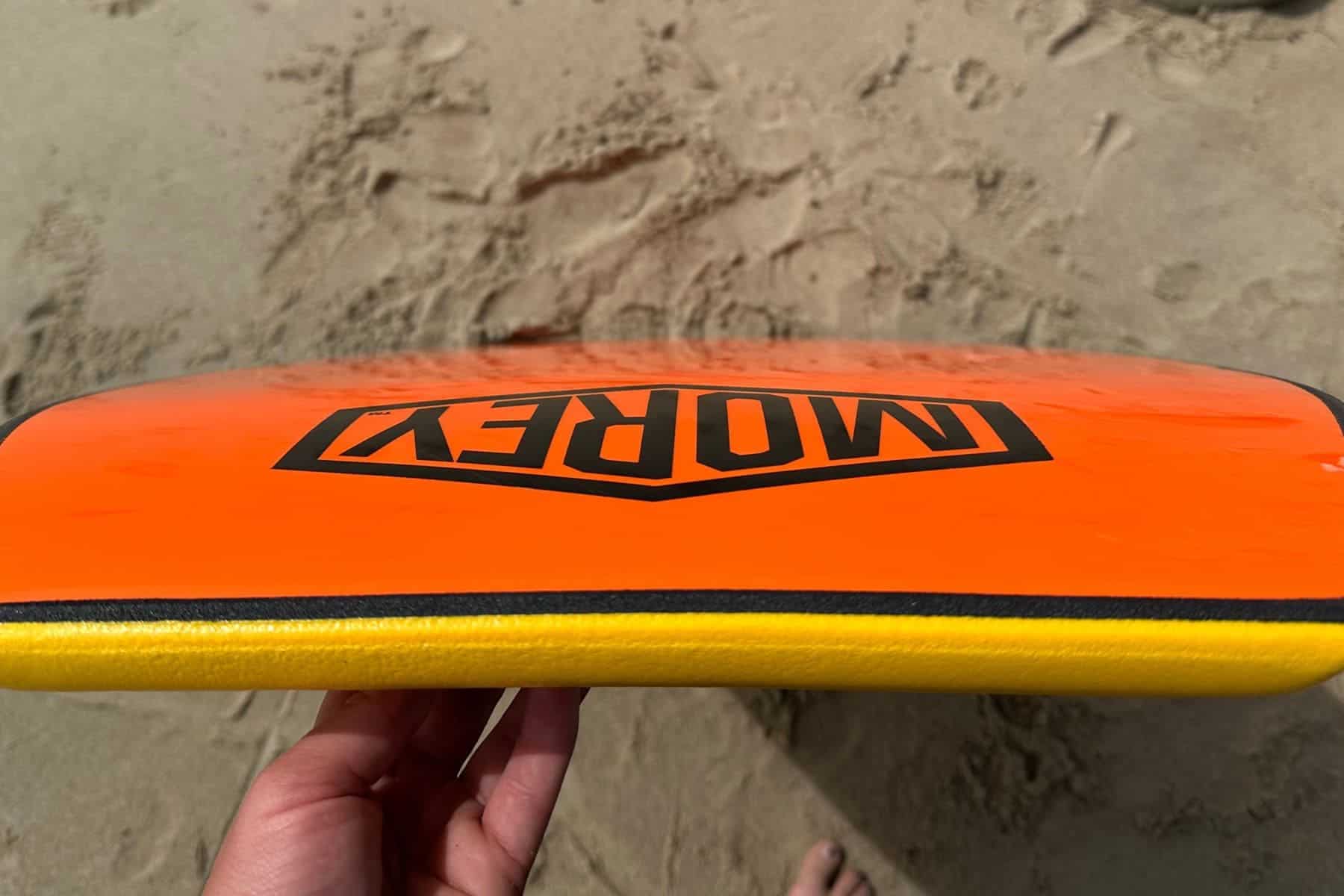
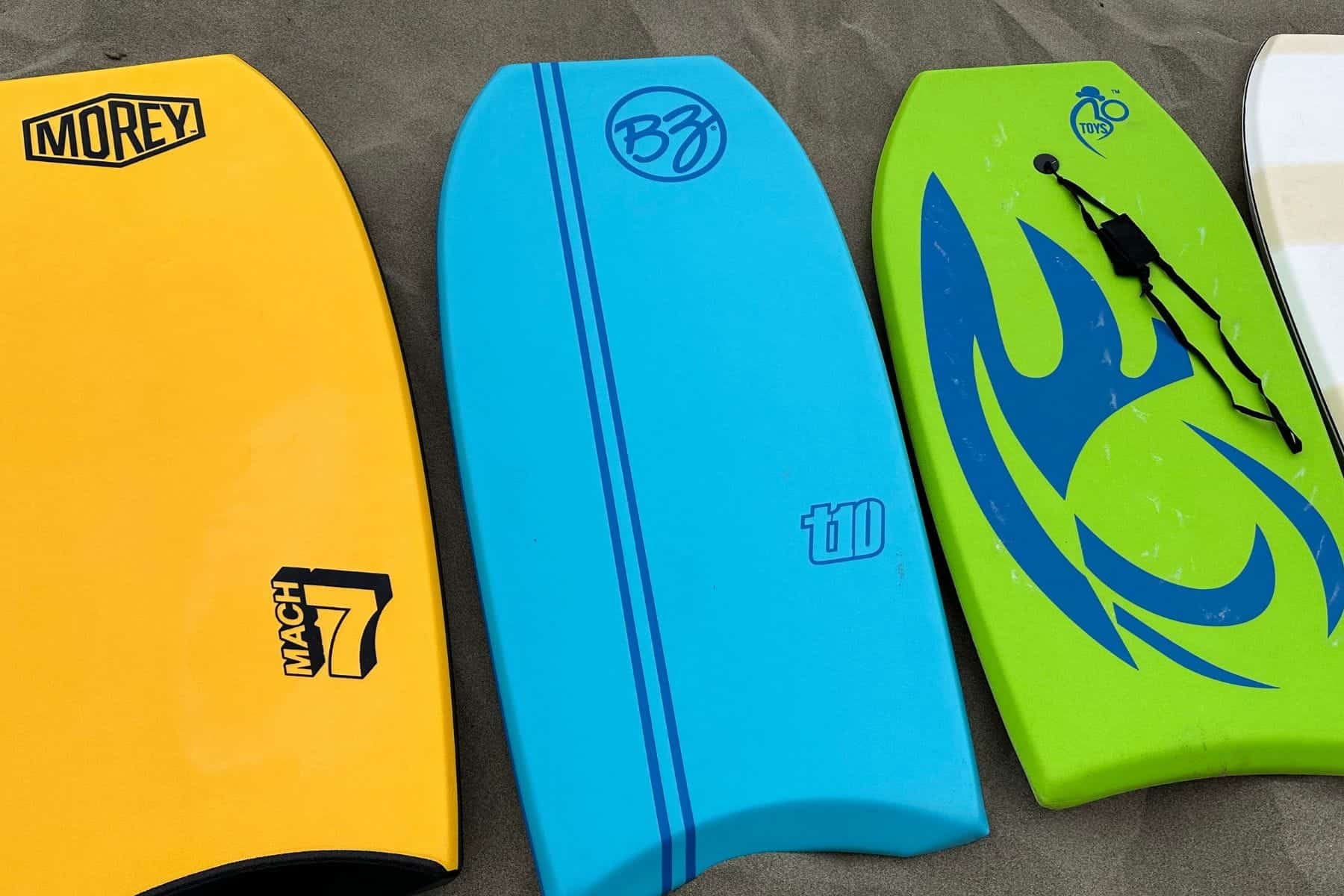
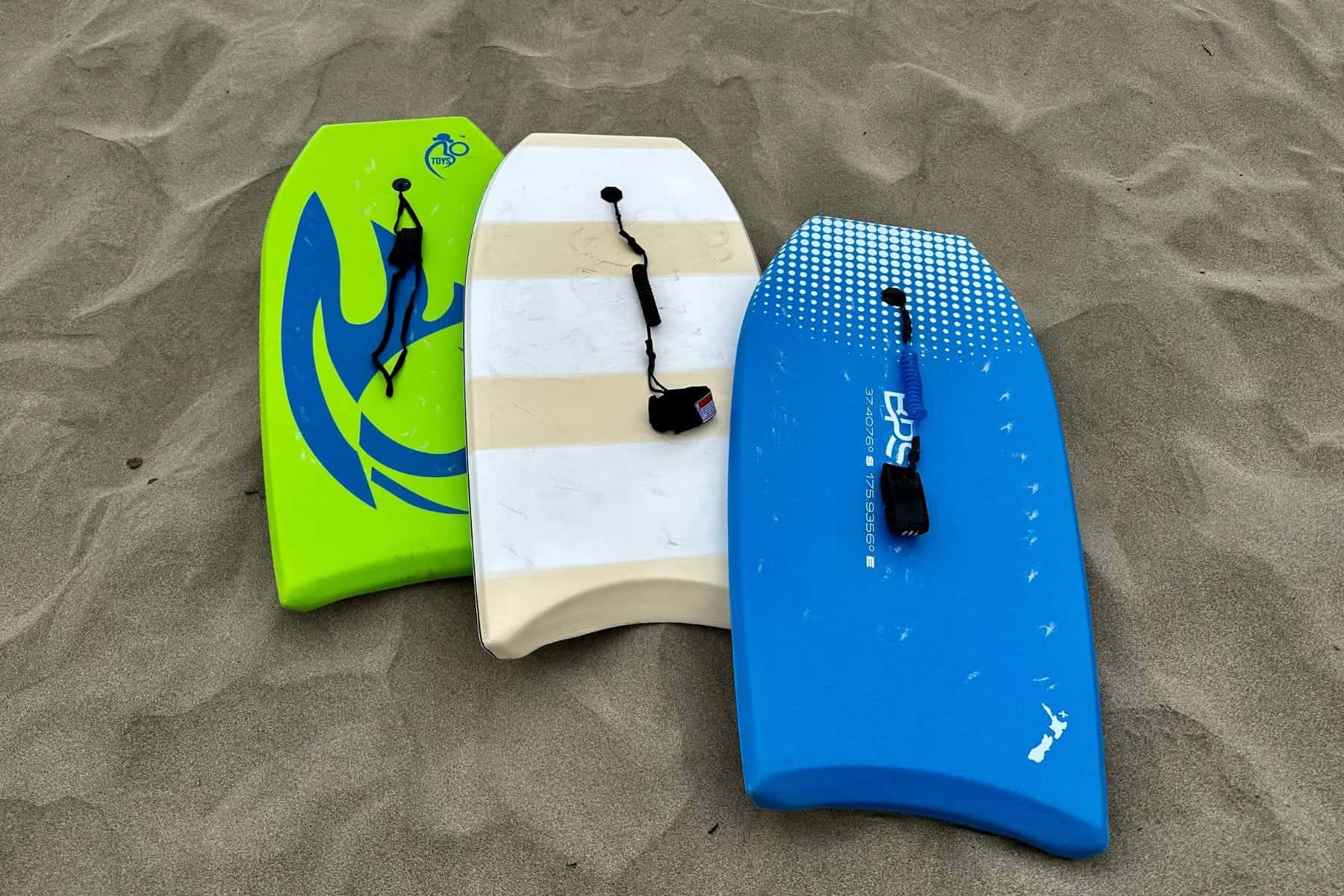
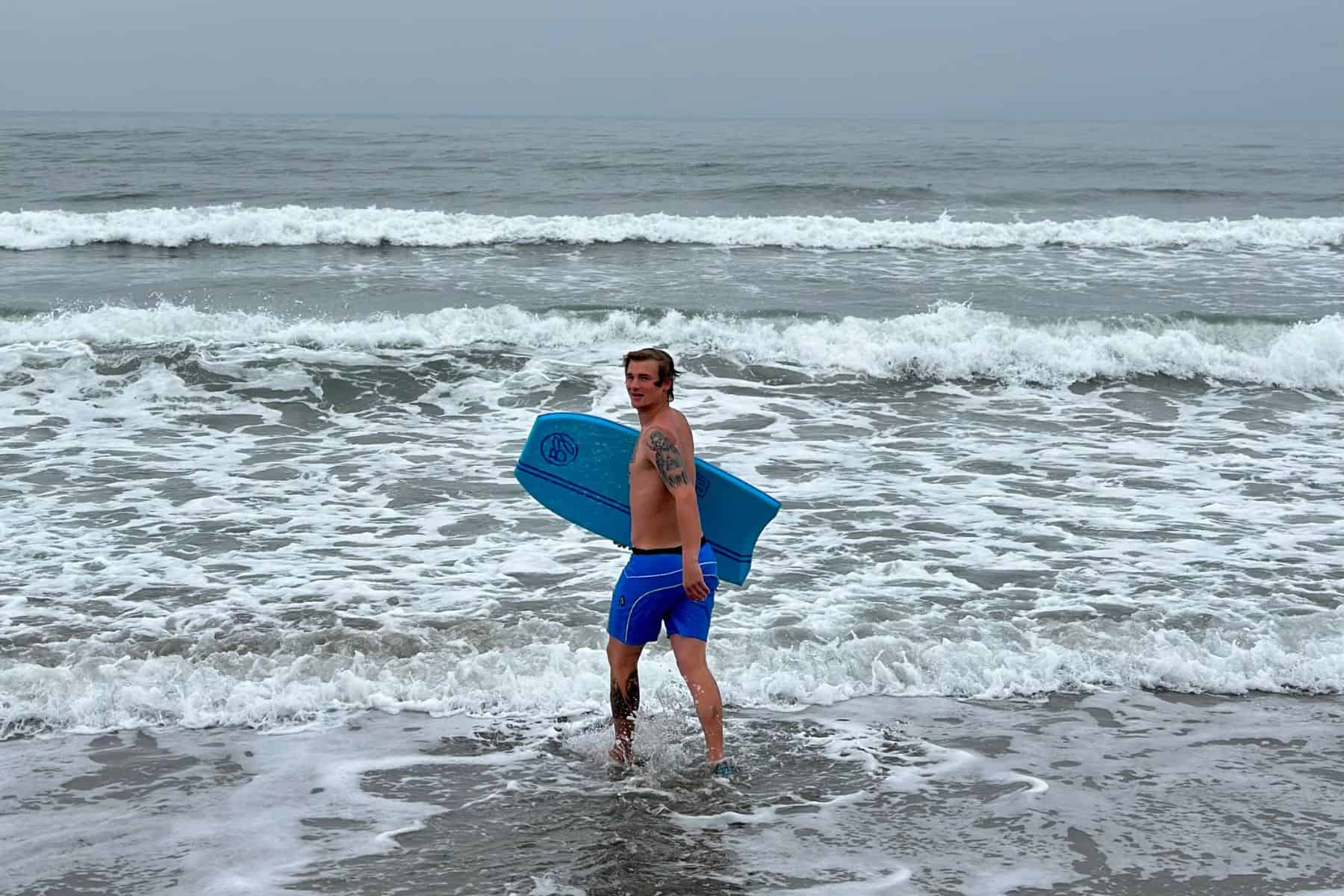
 Back
Back


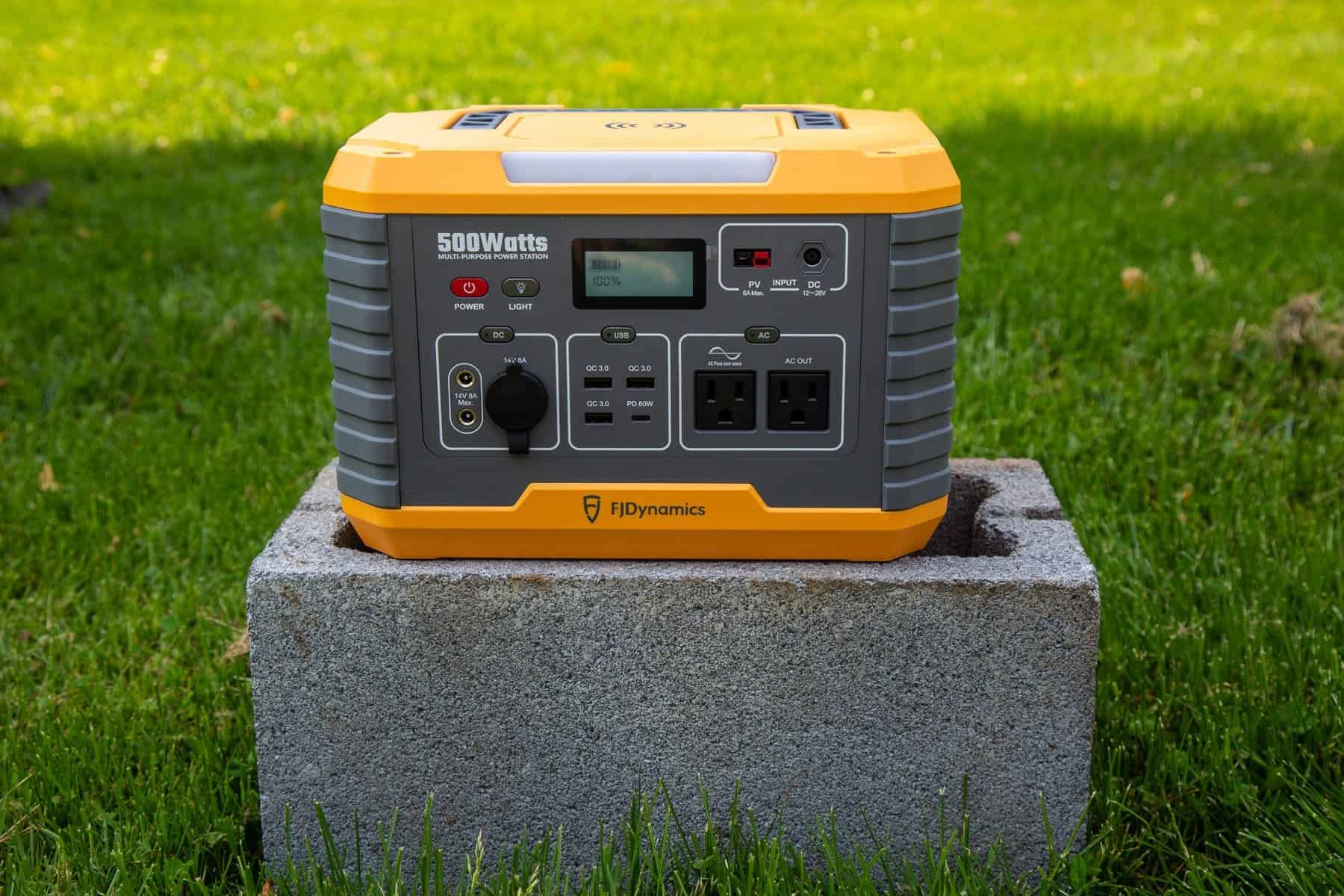
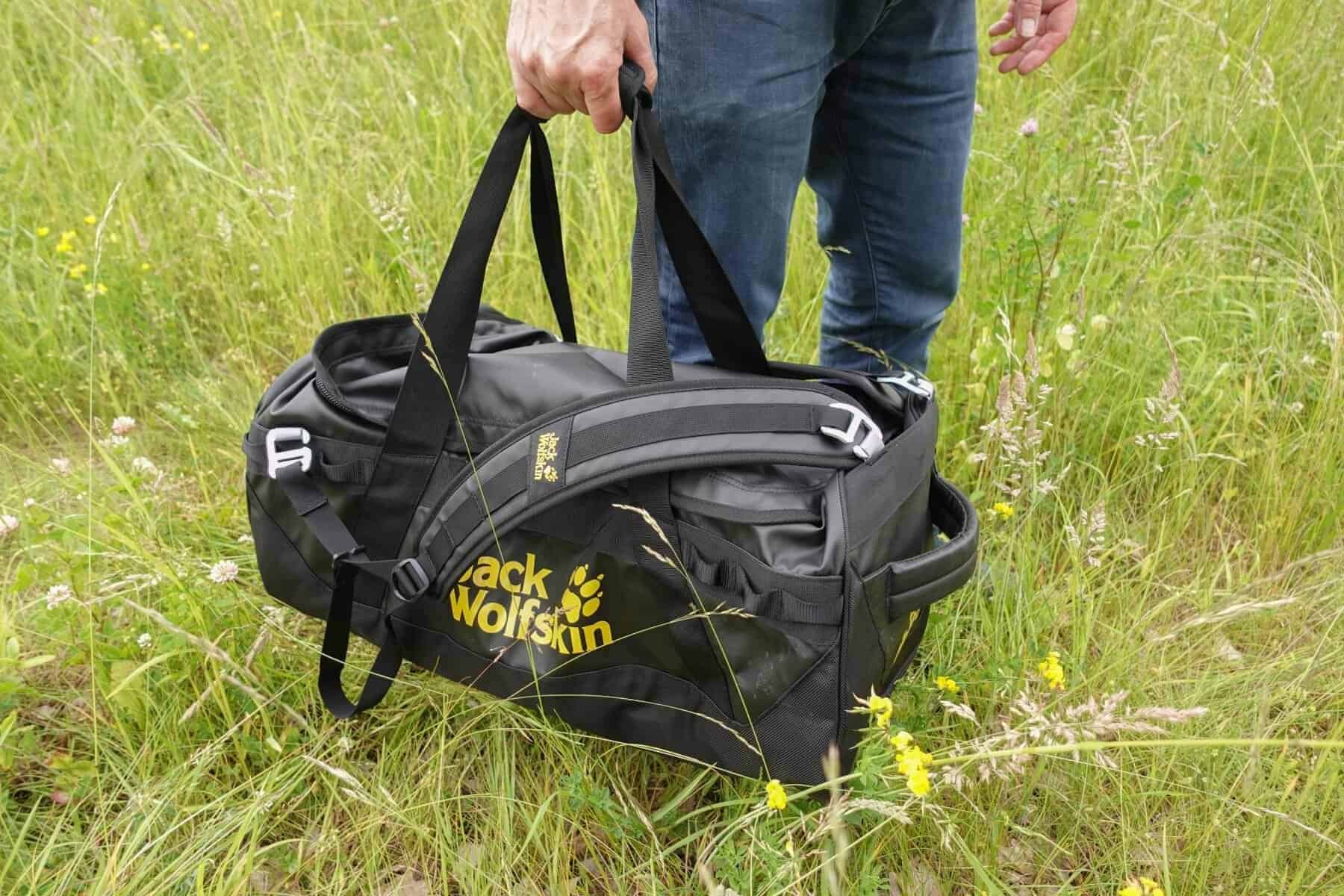
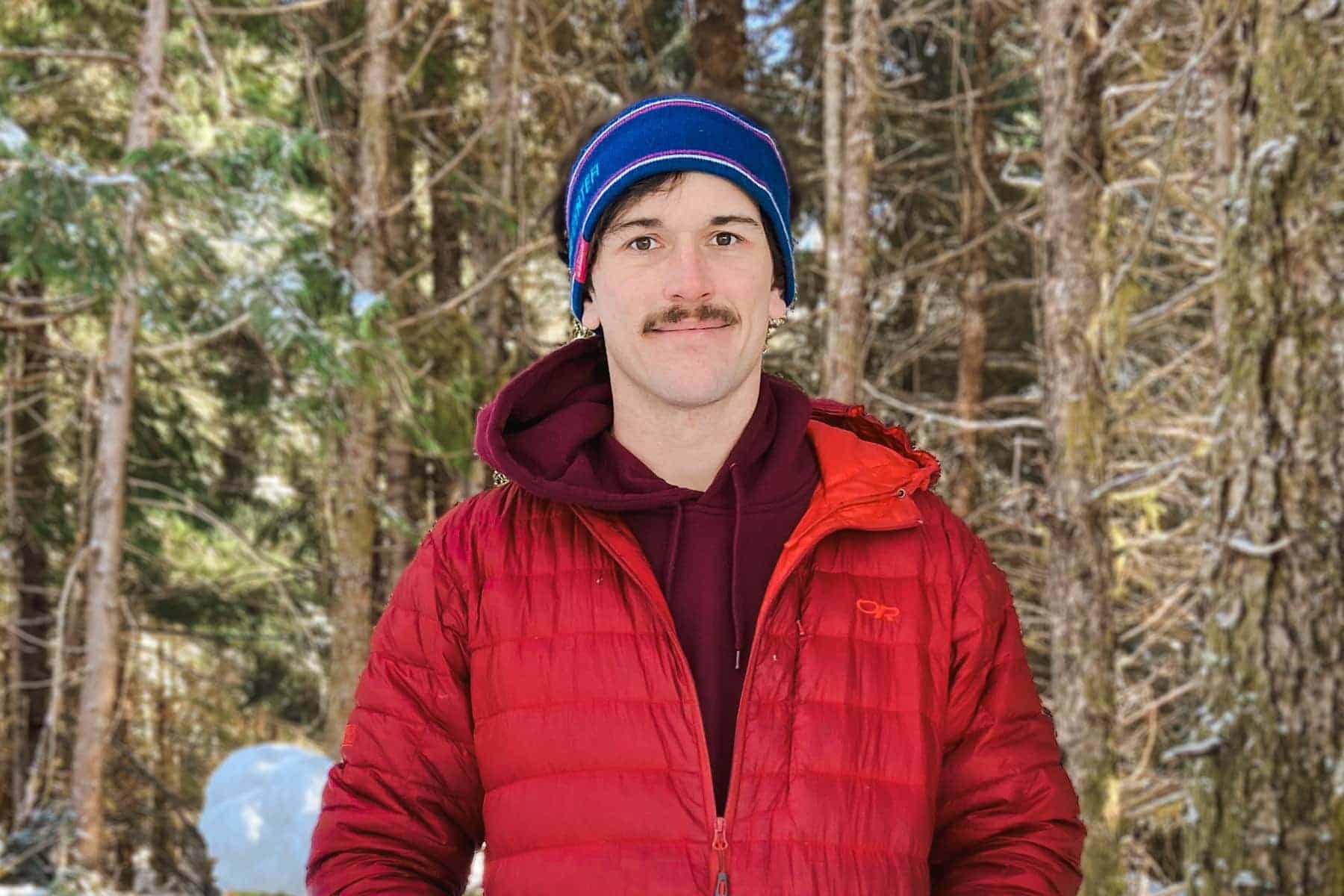
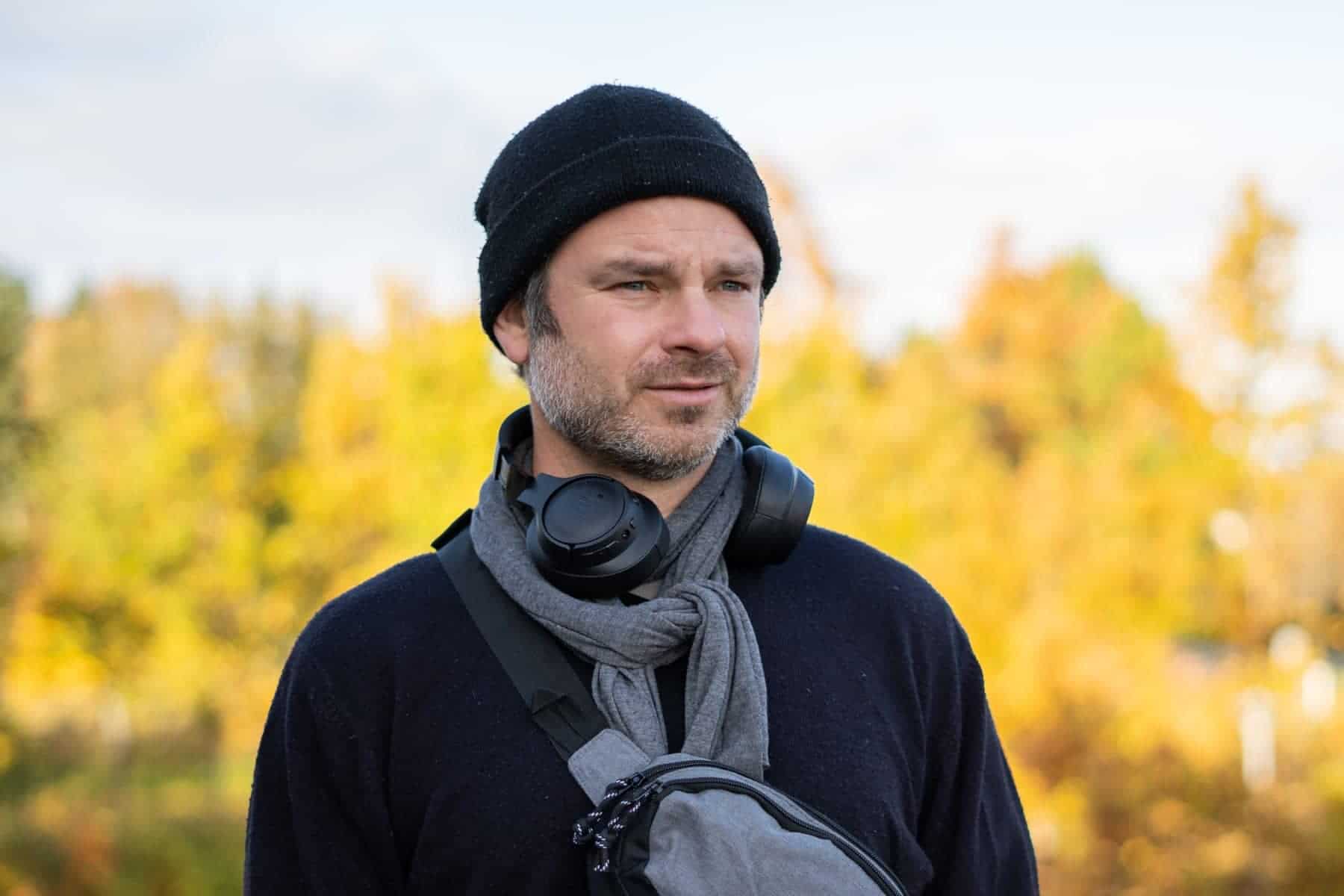

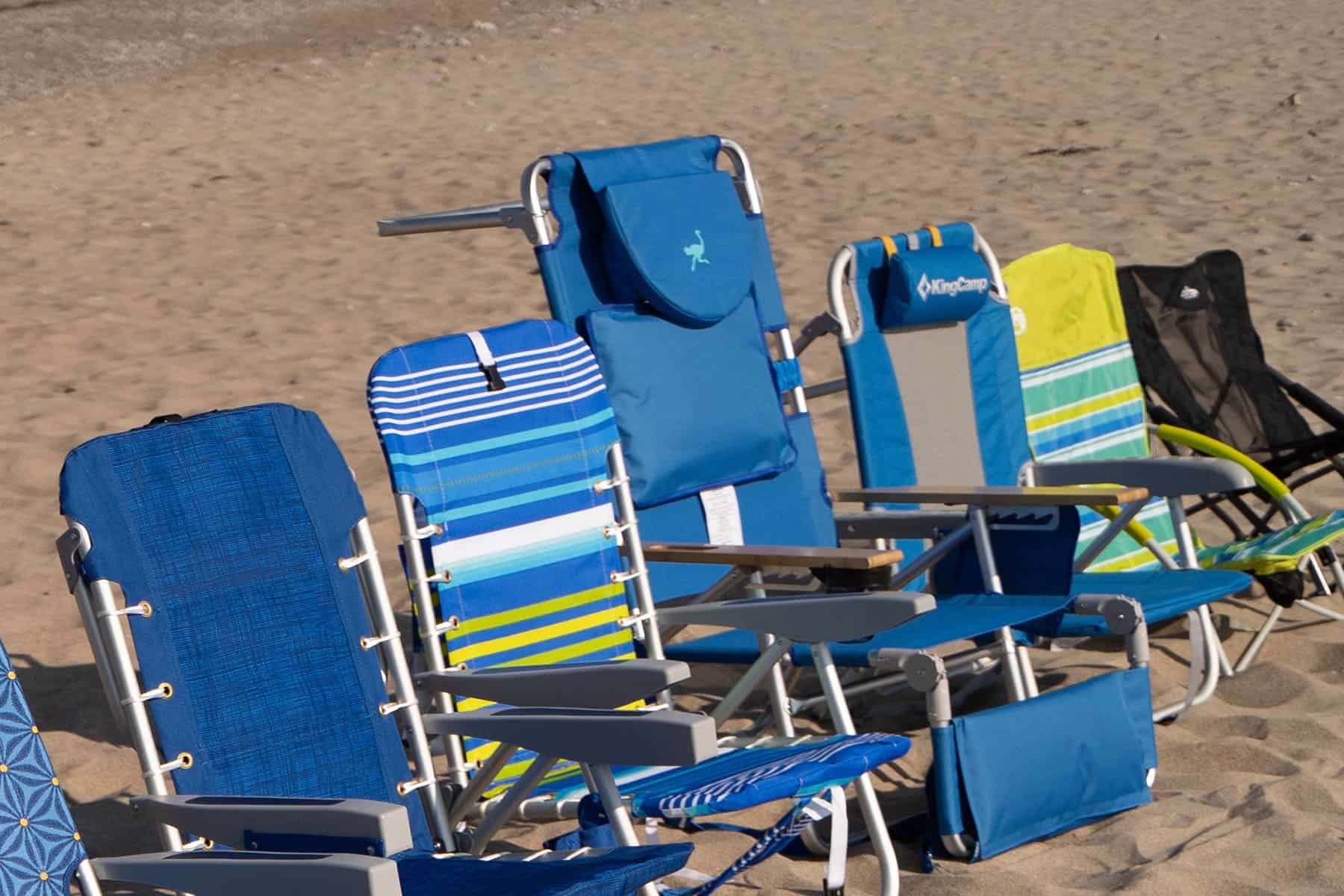
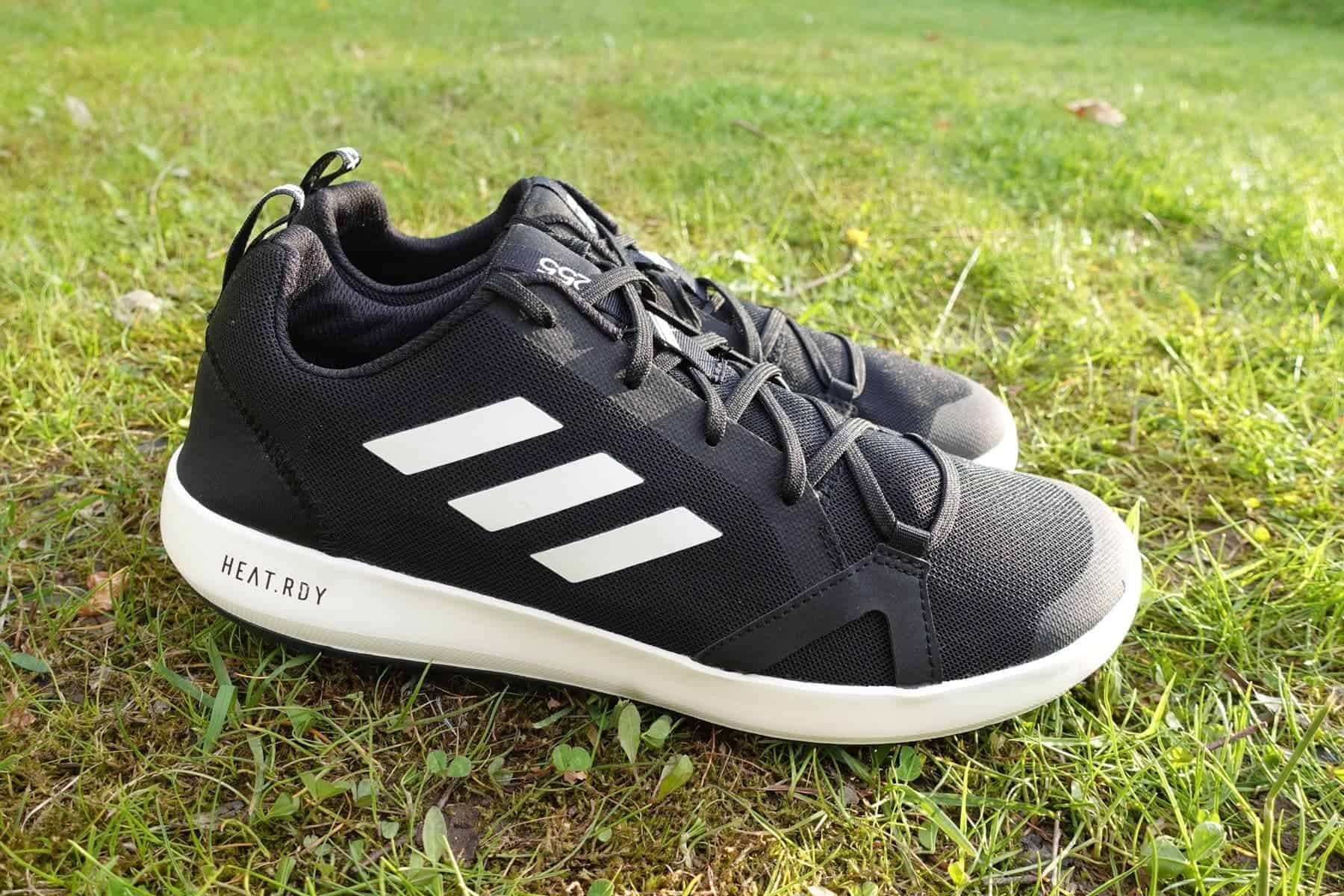
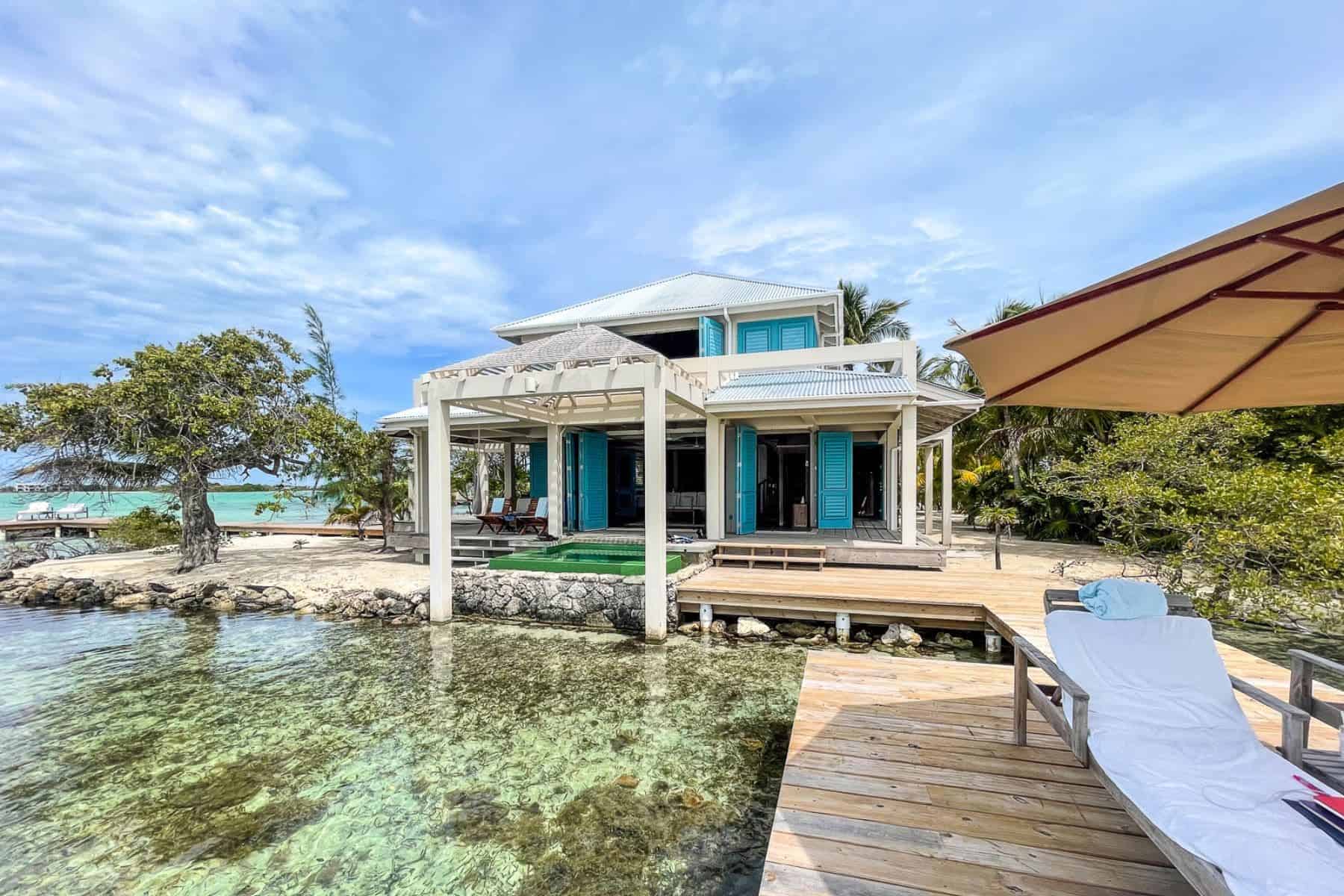


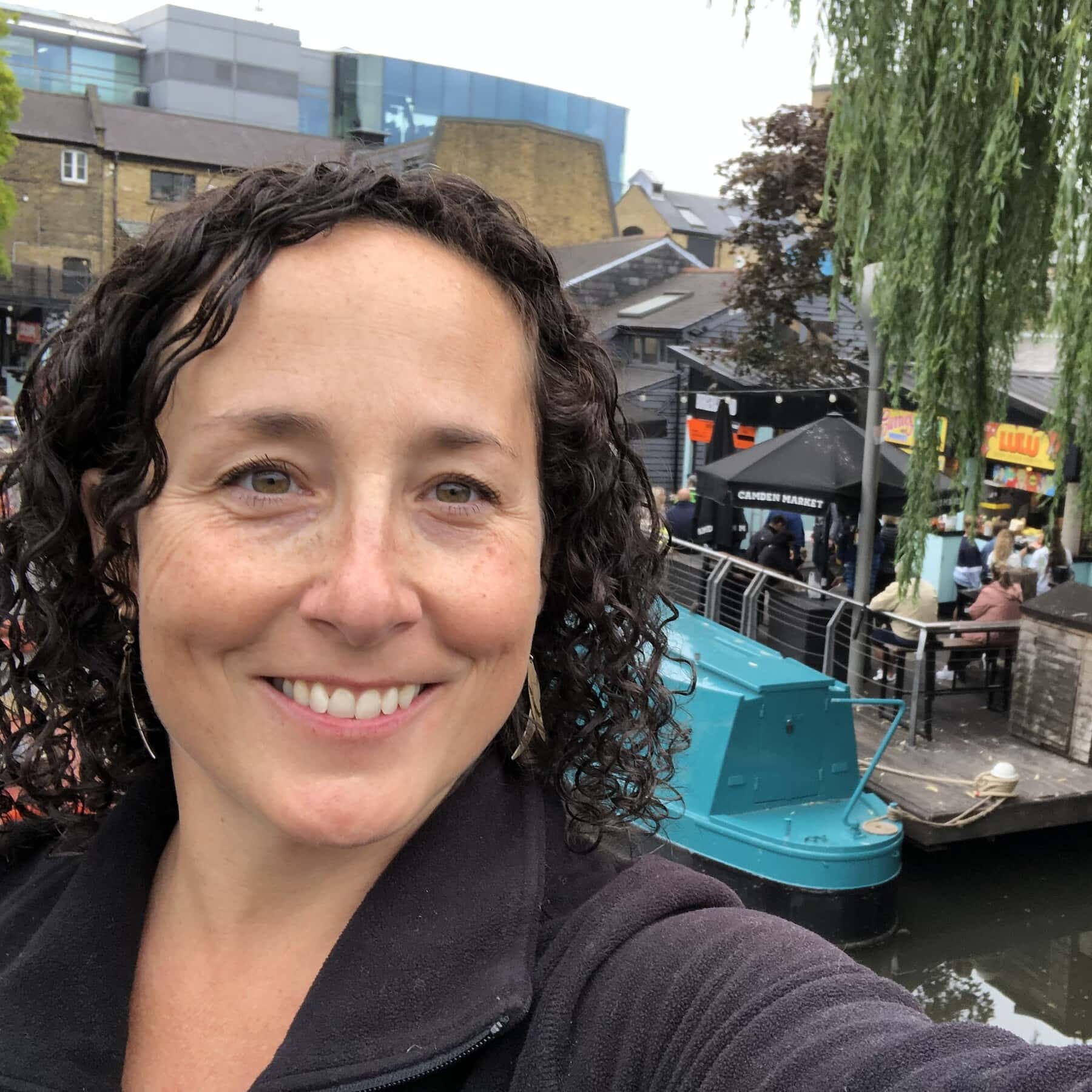
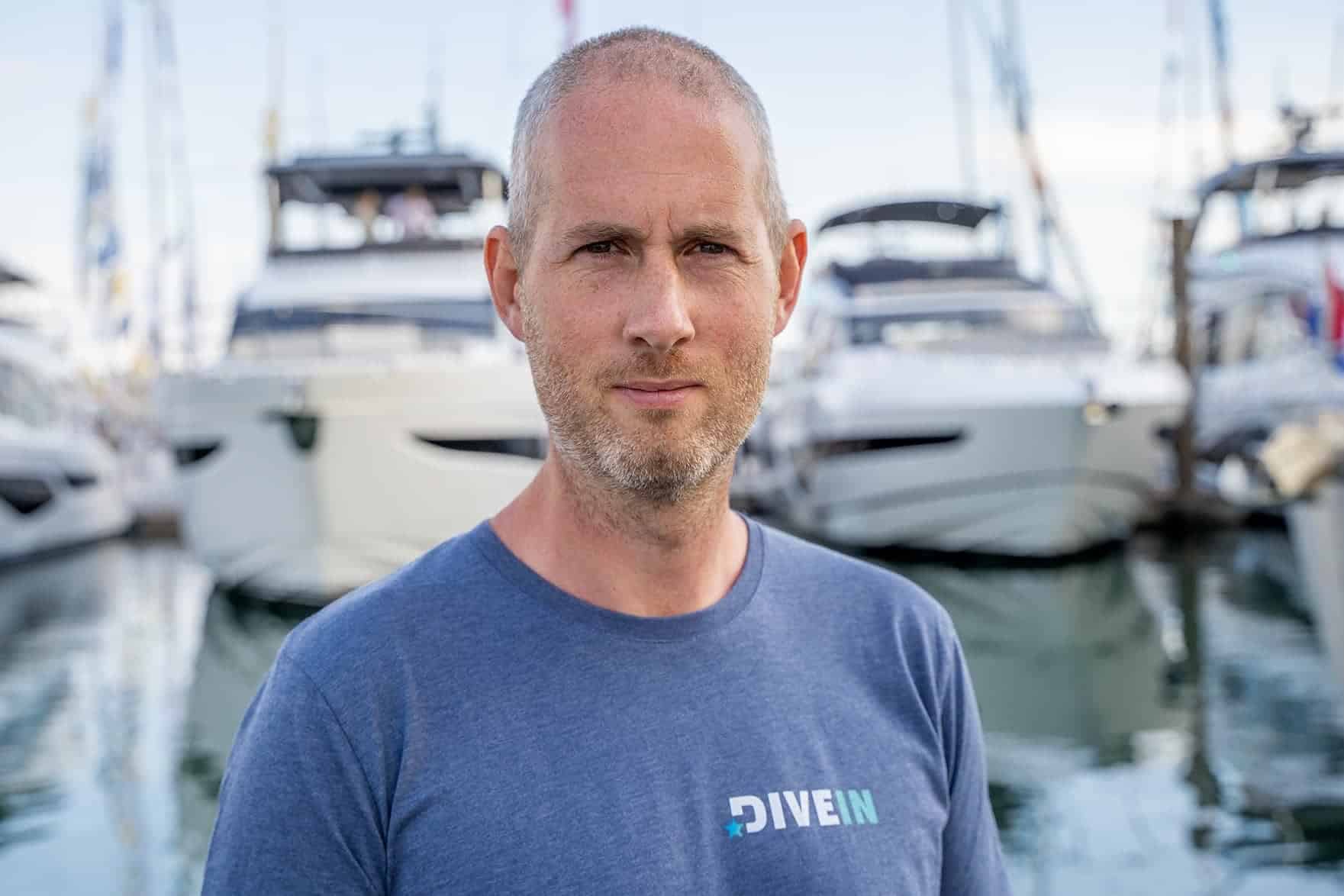
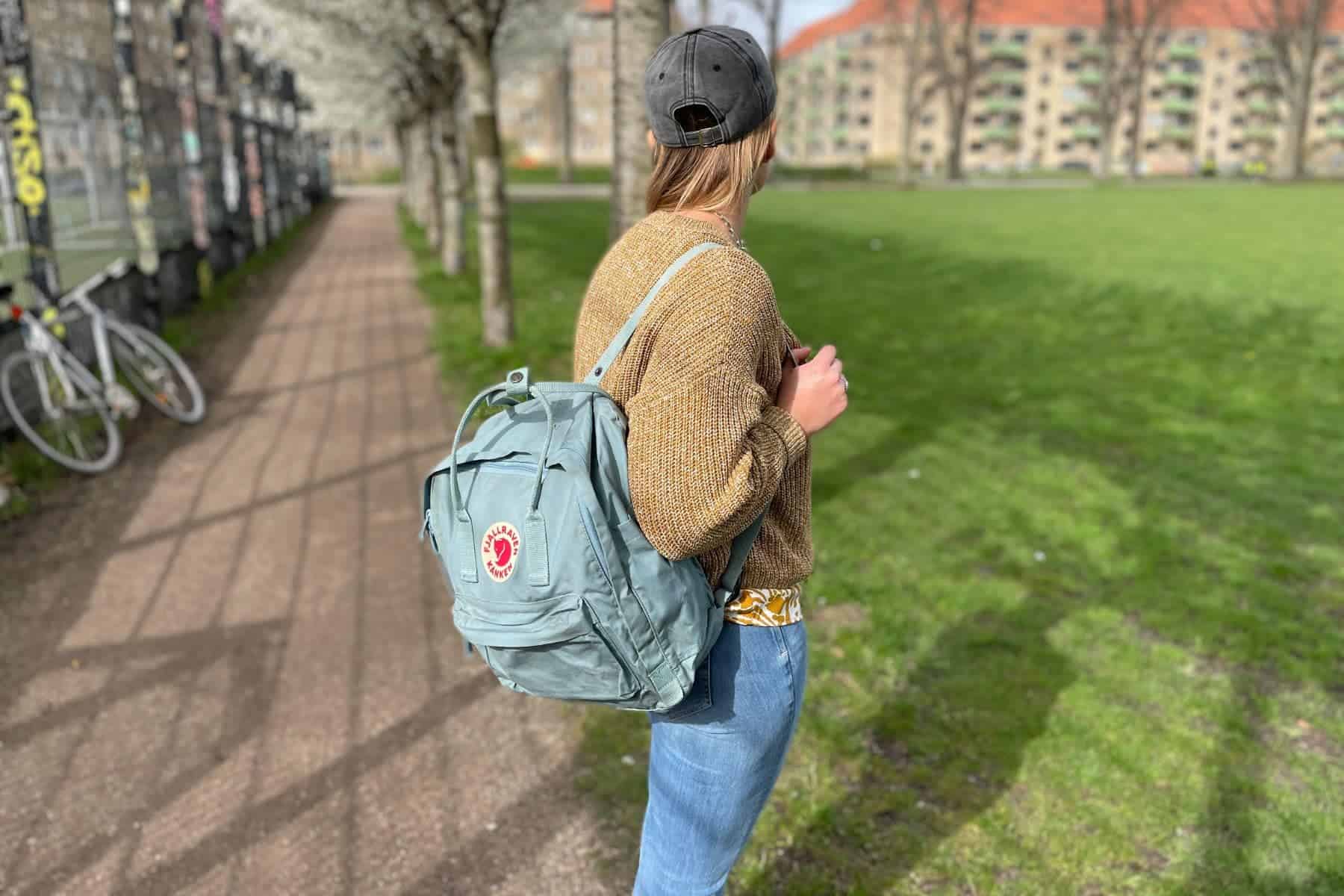
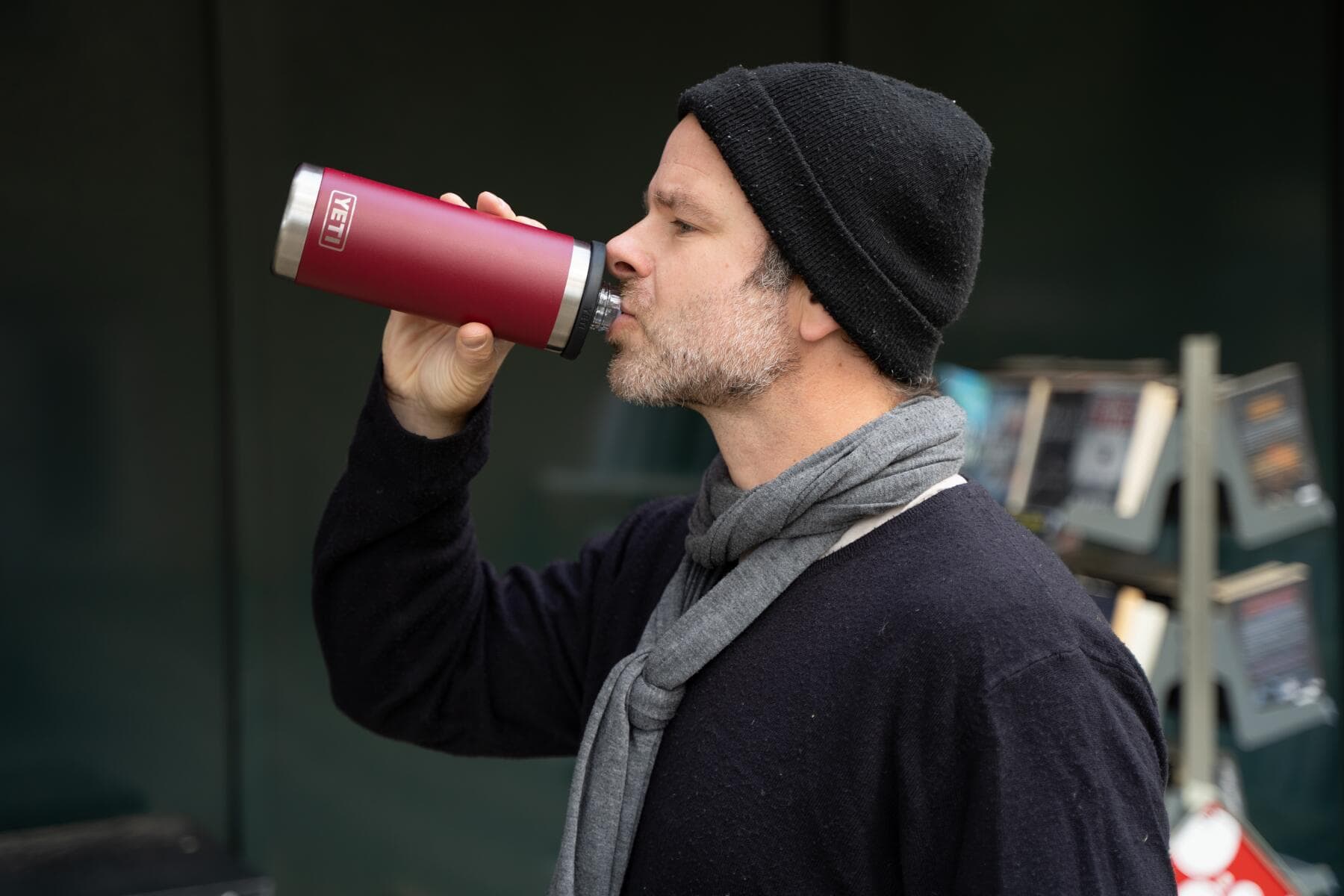
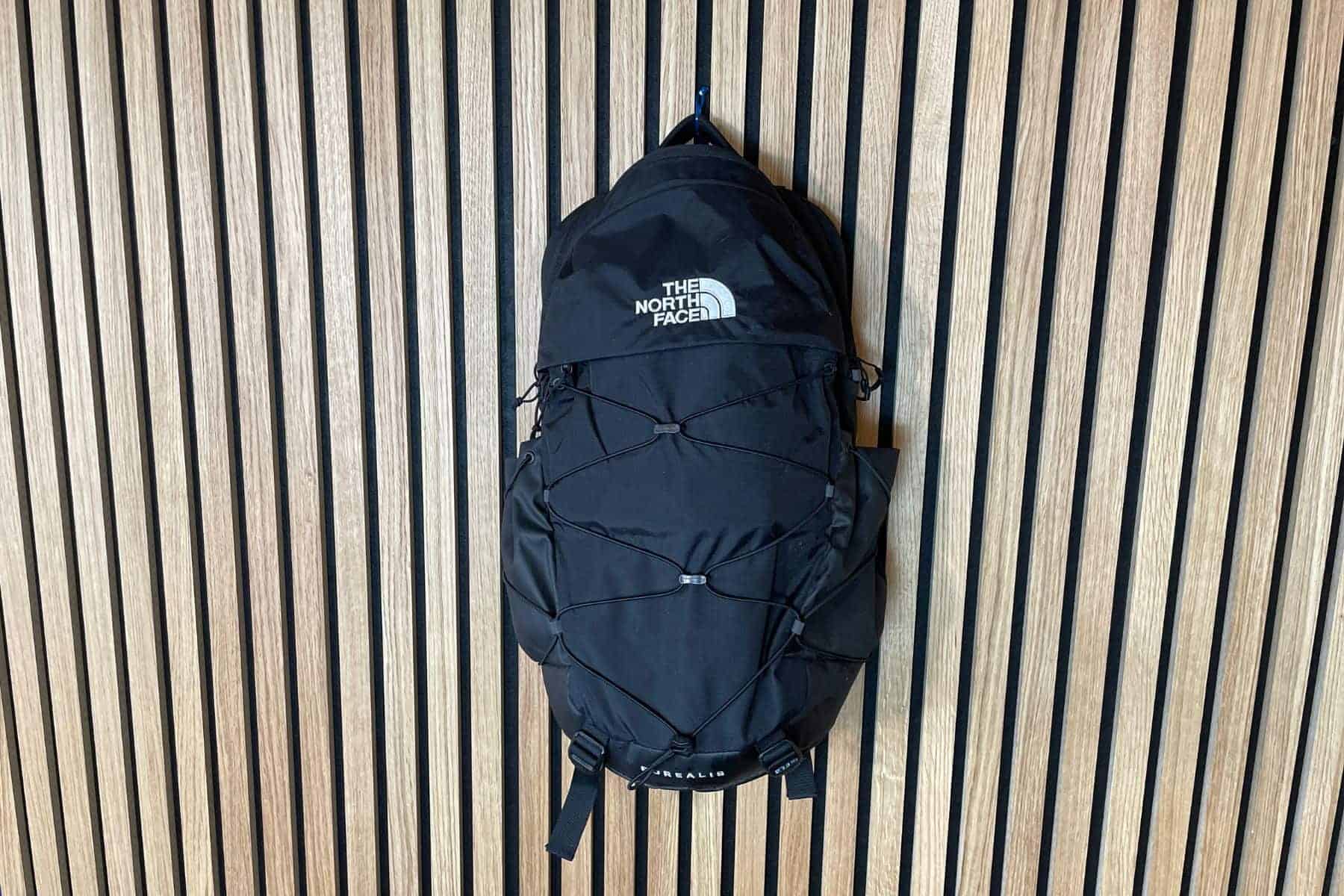

Comments